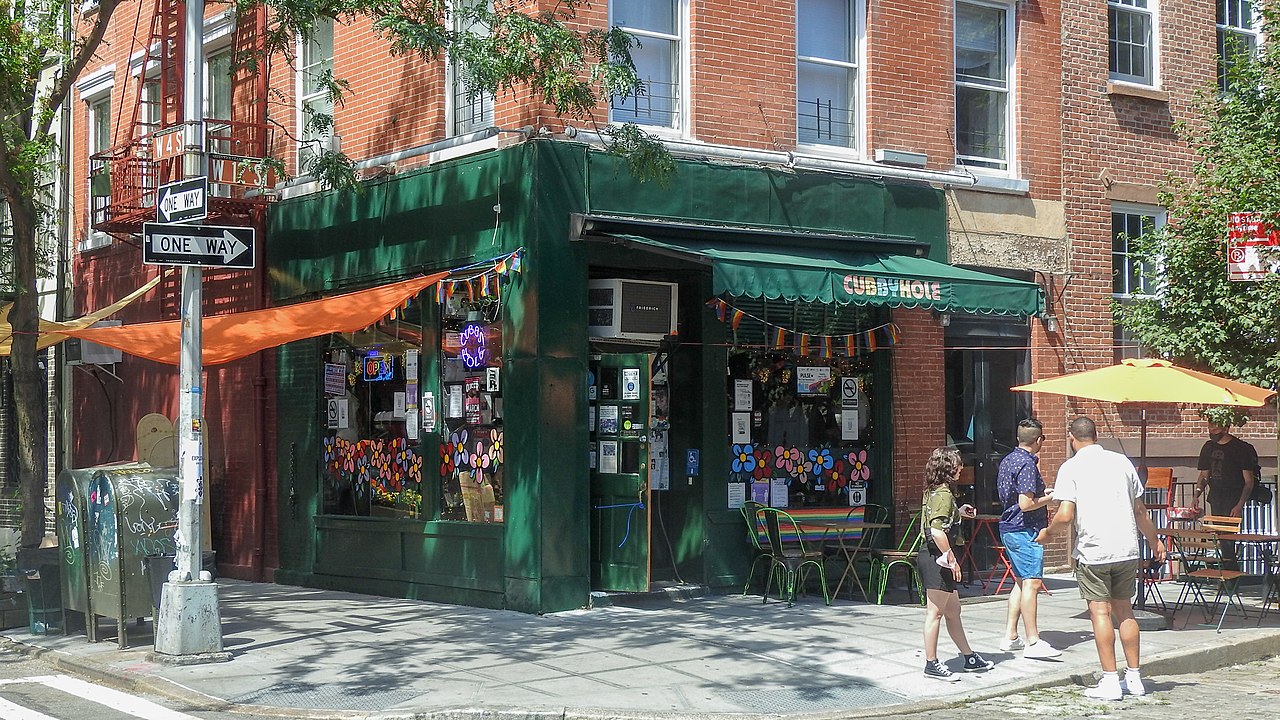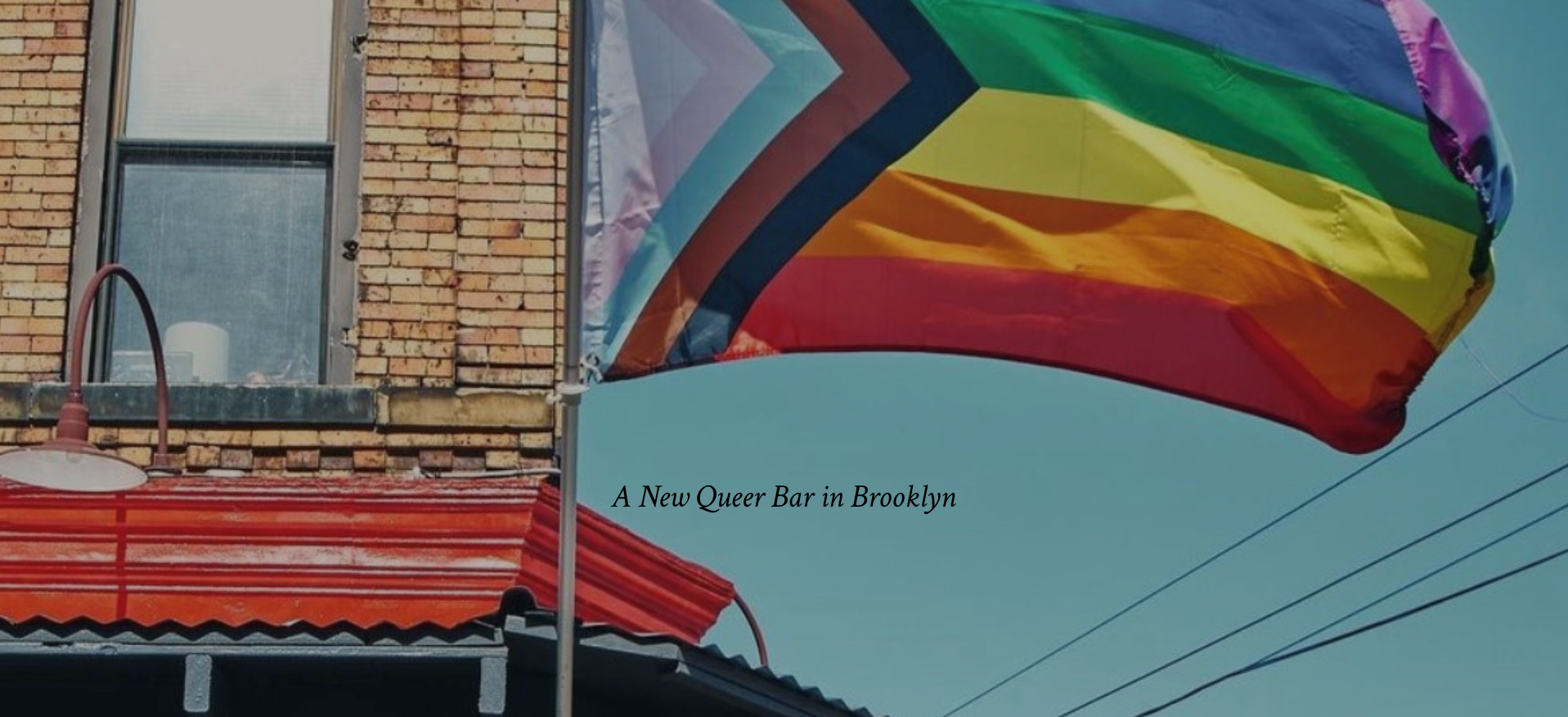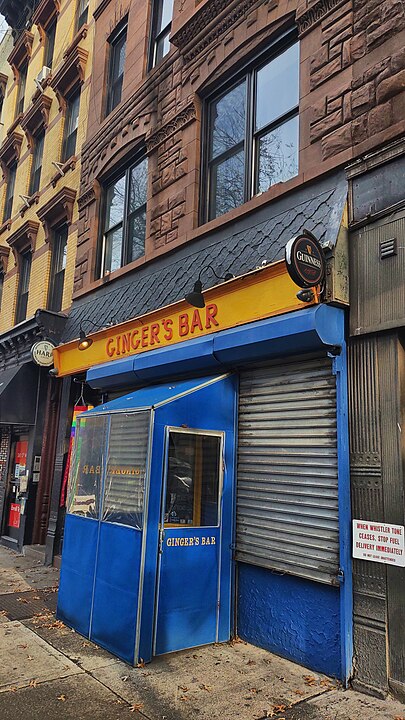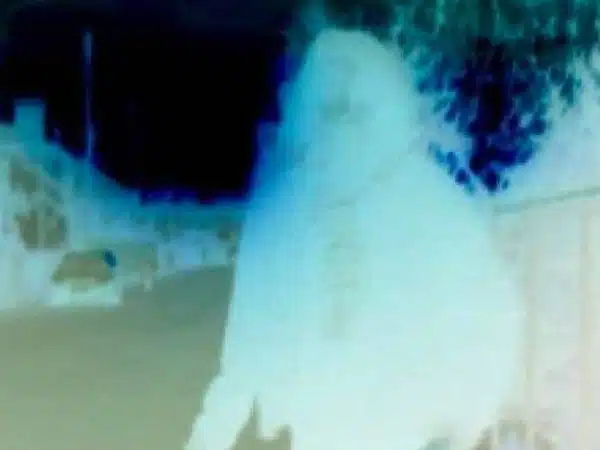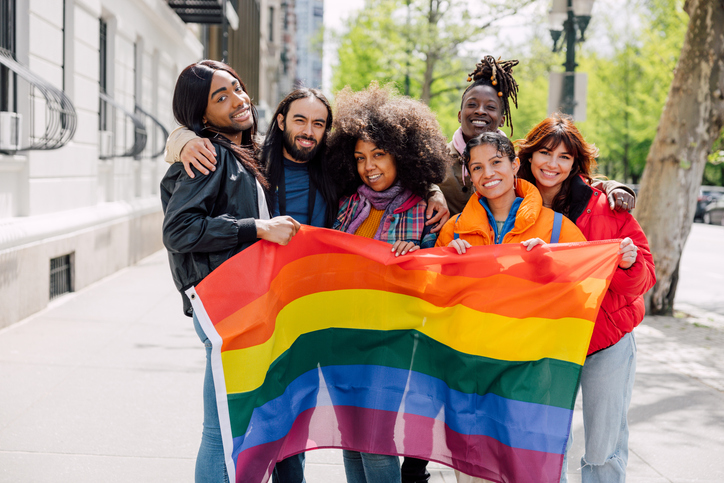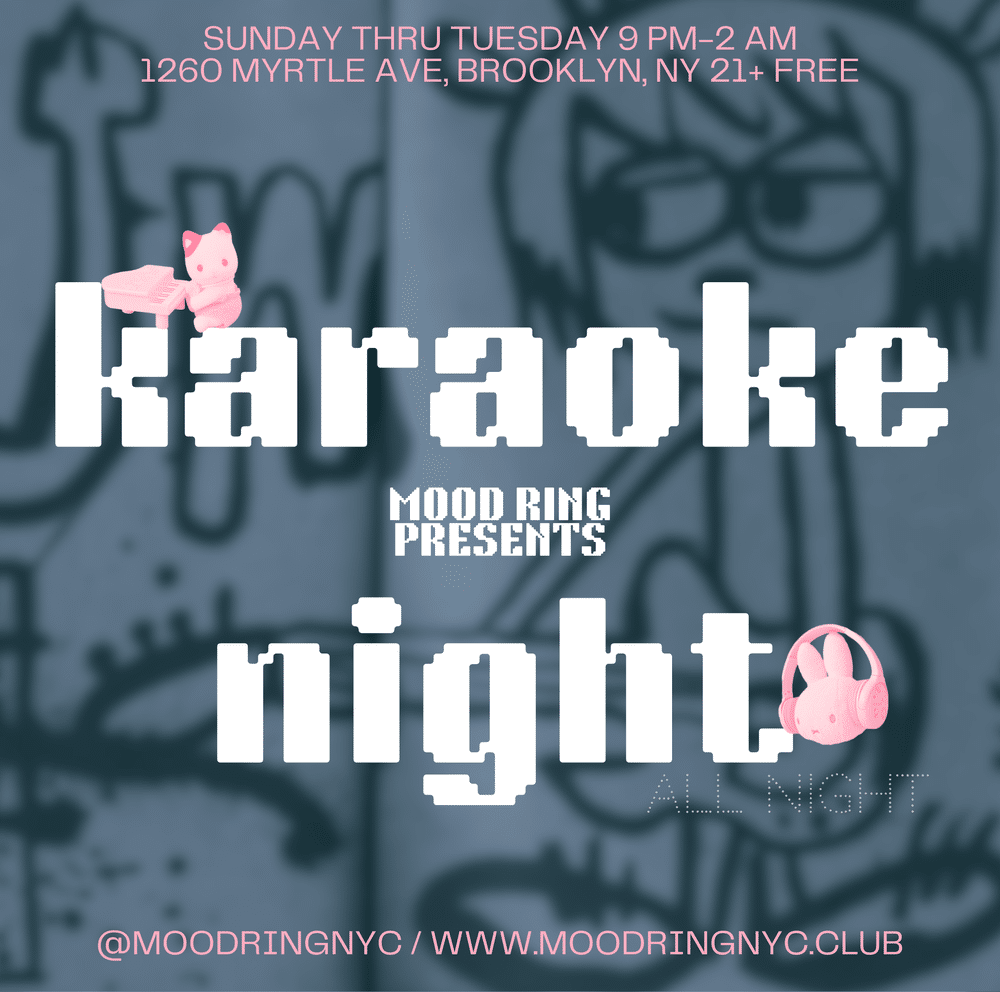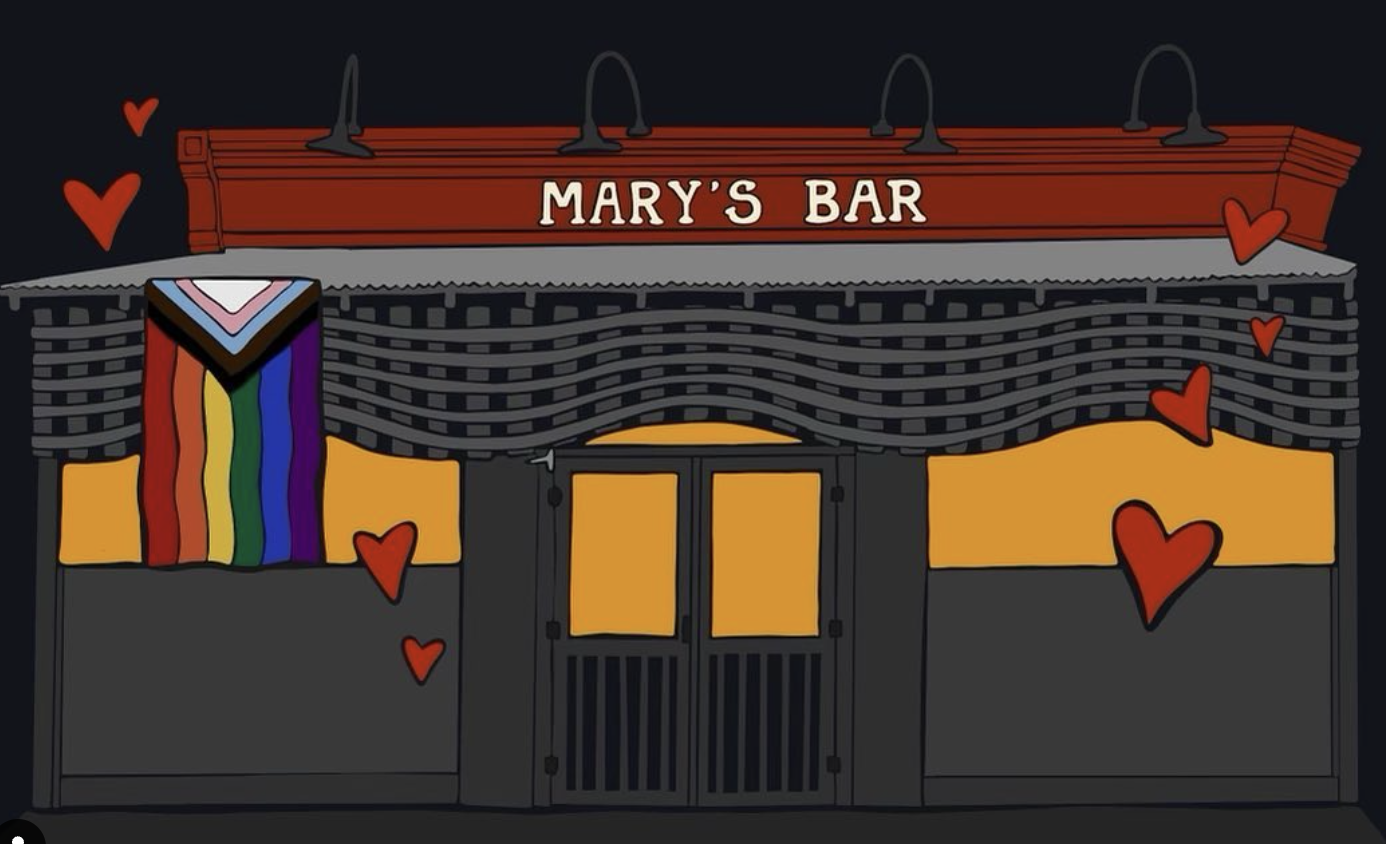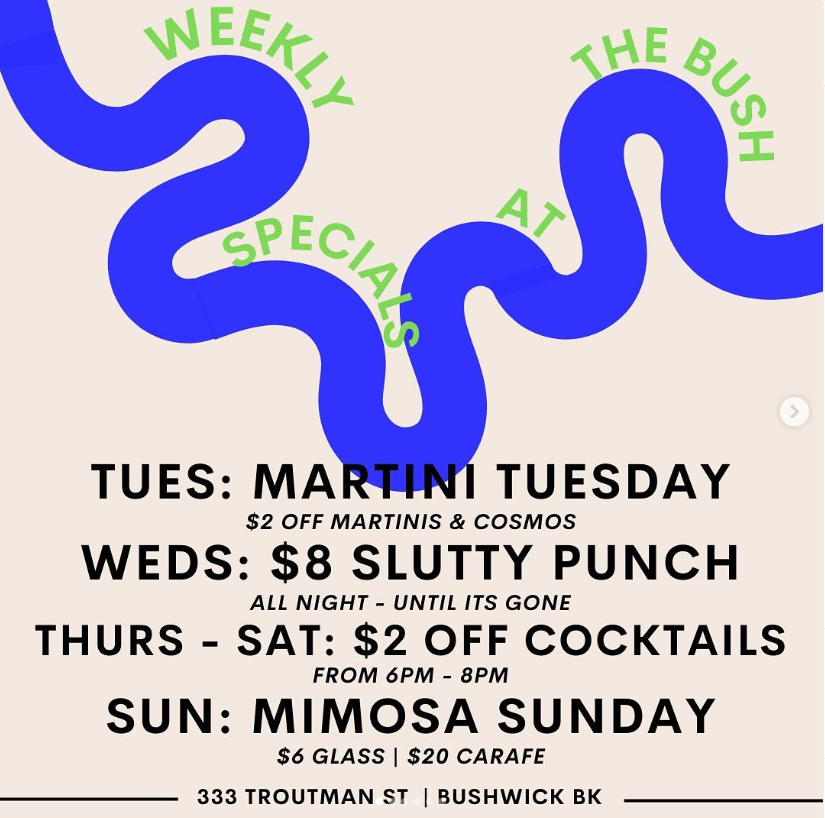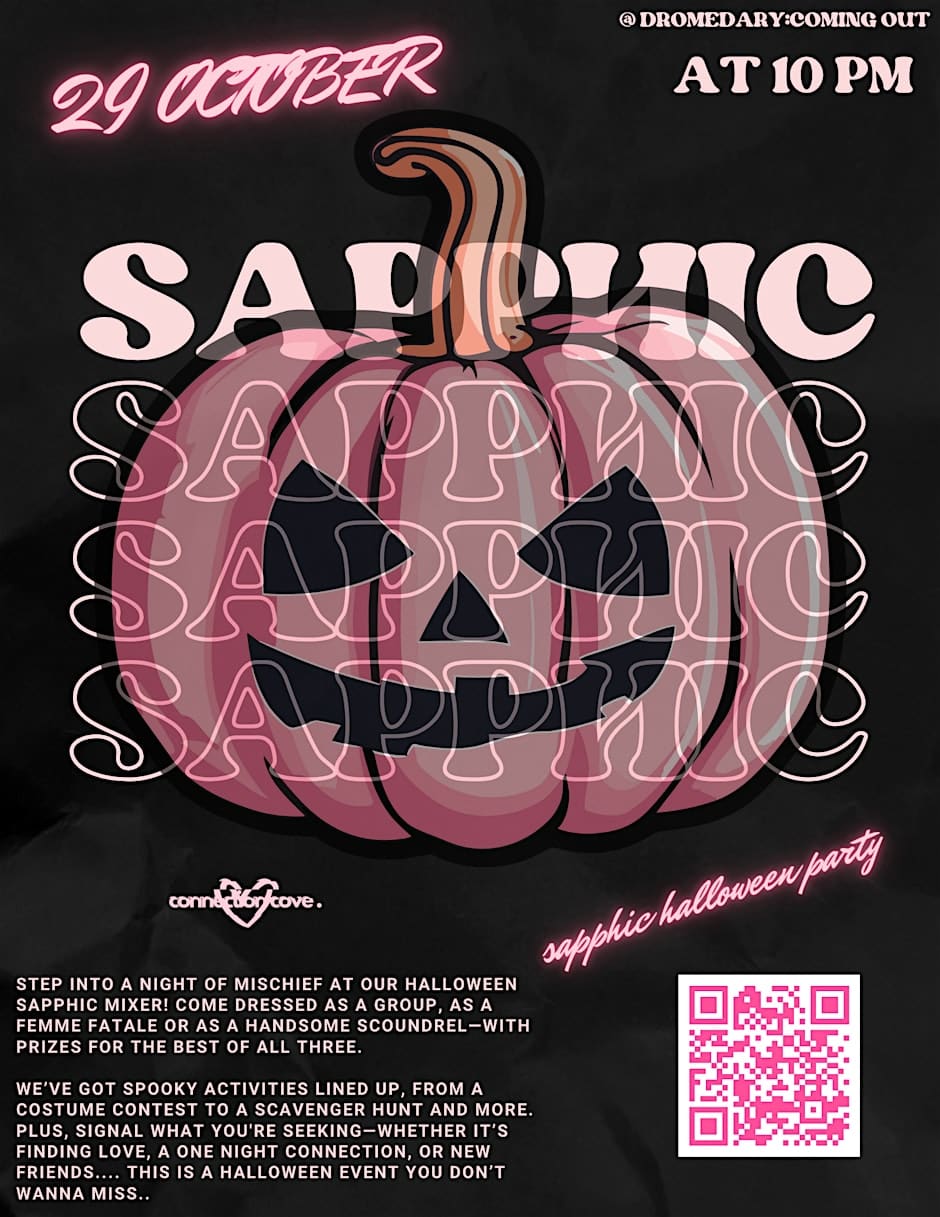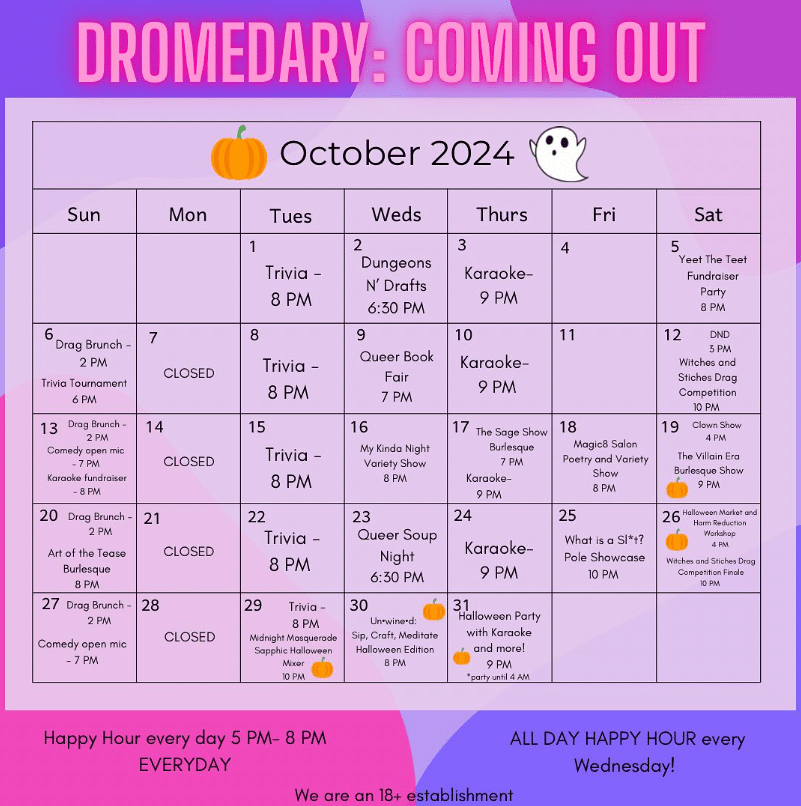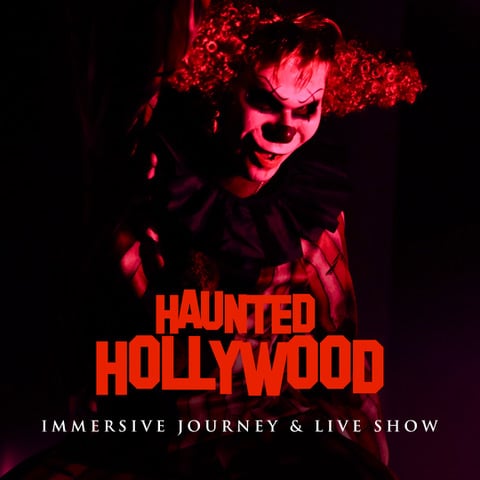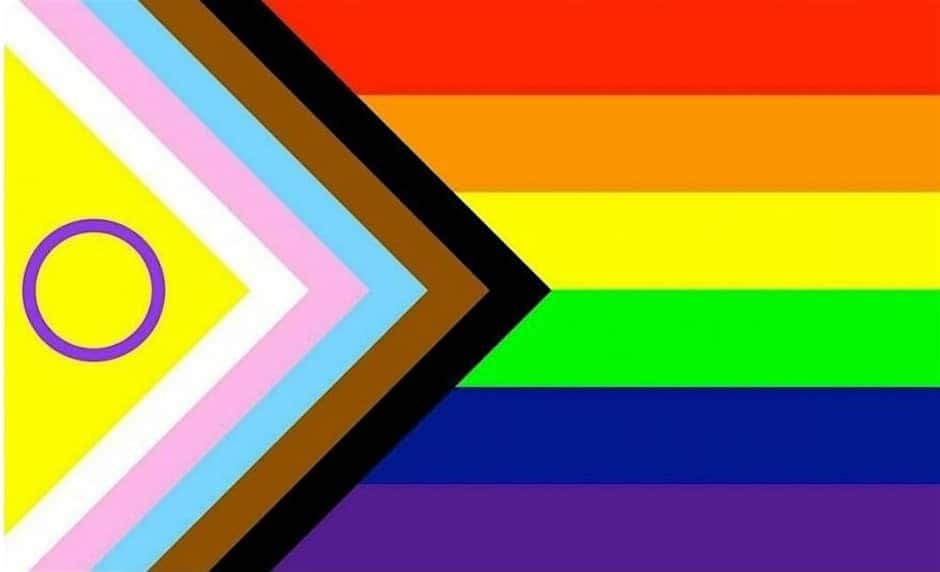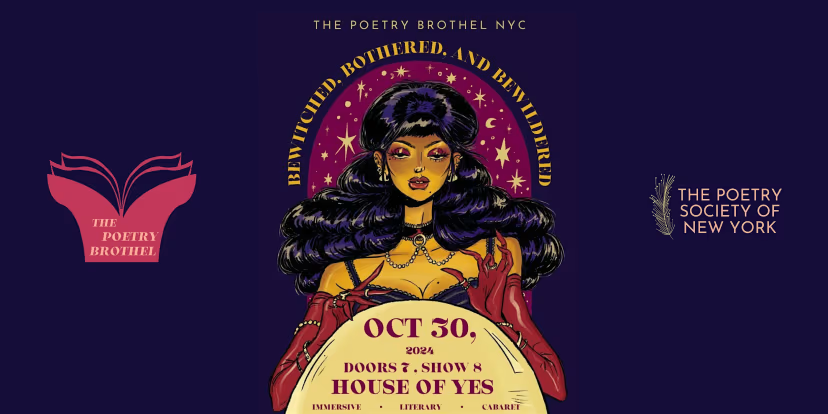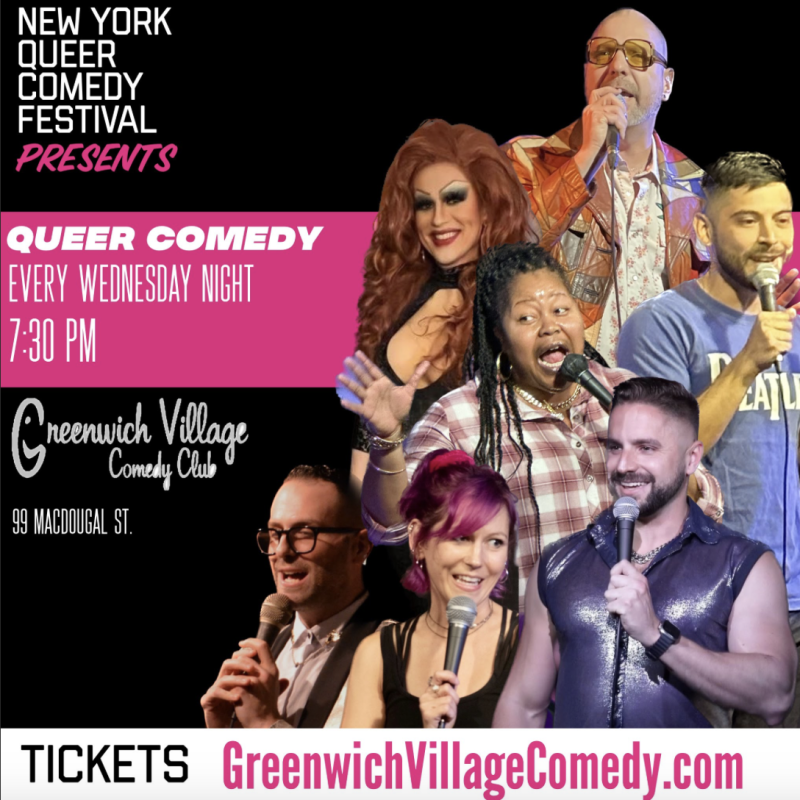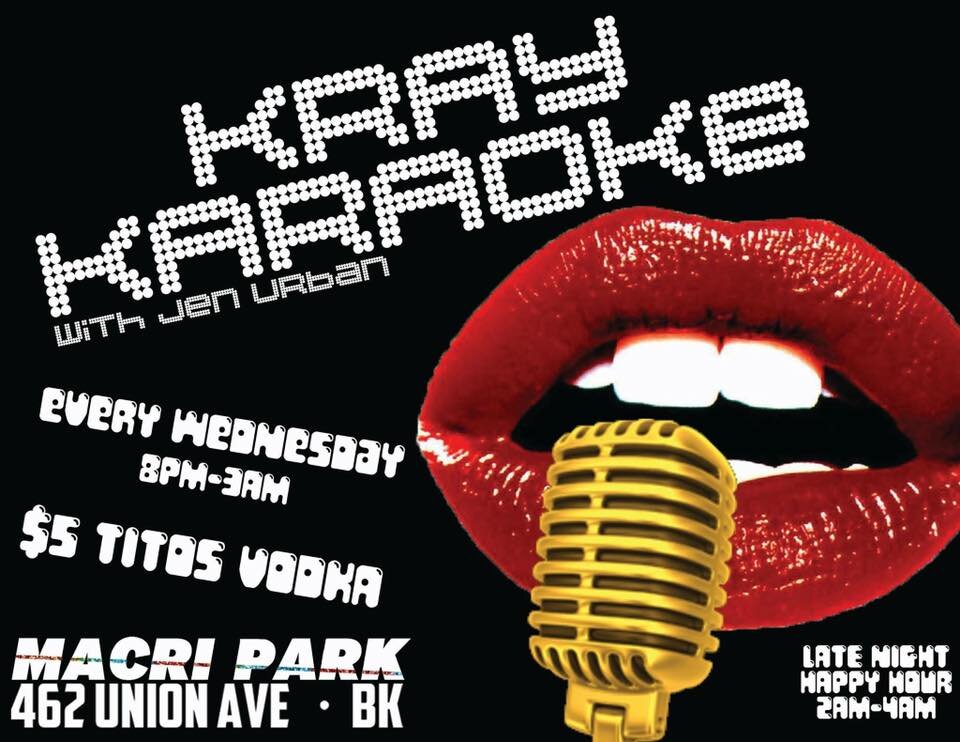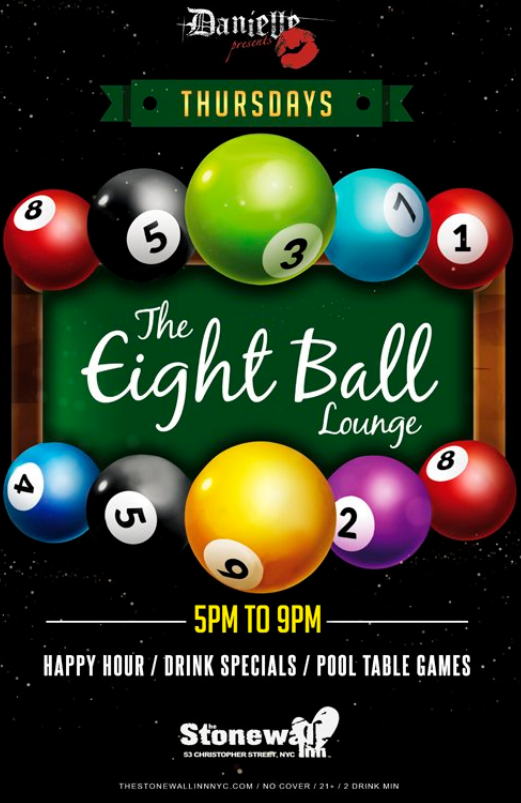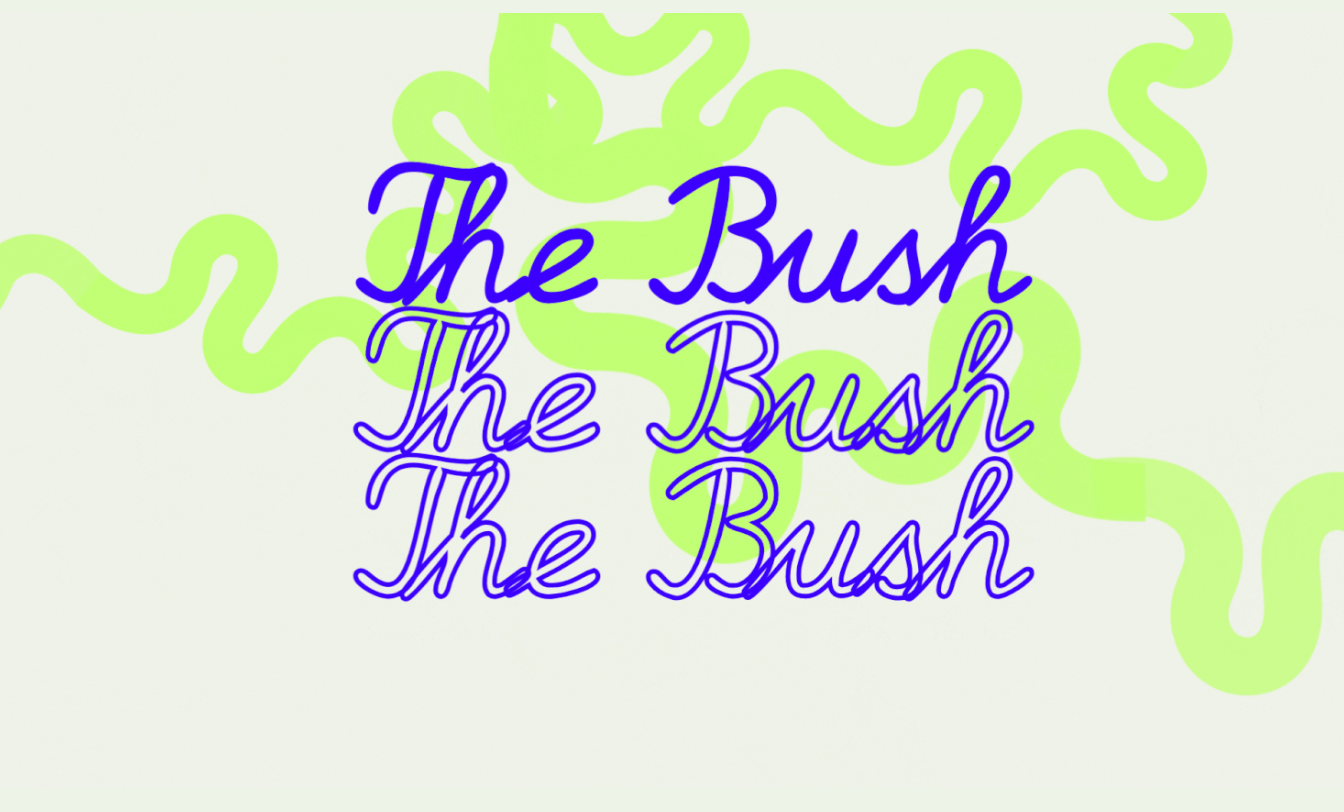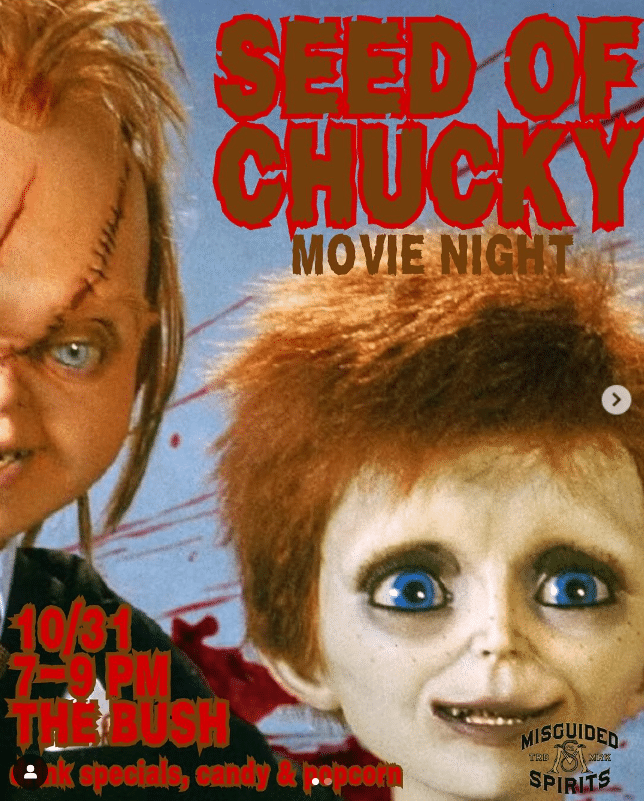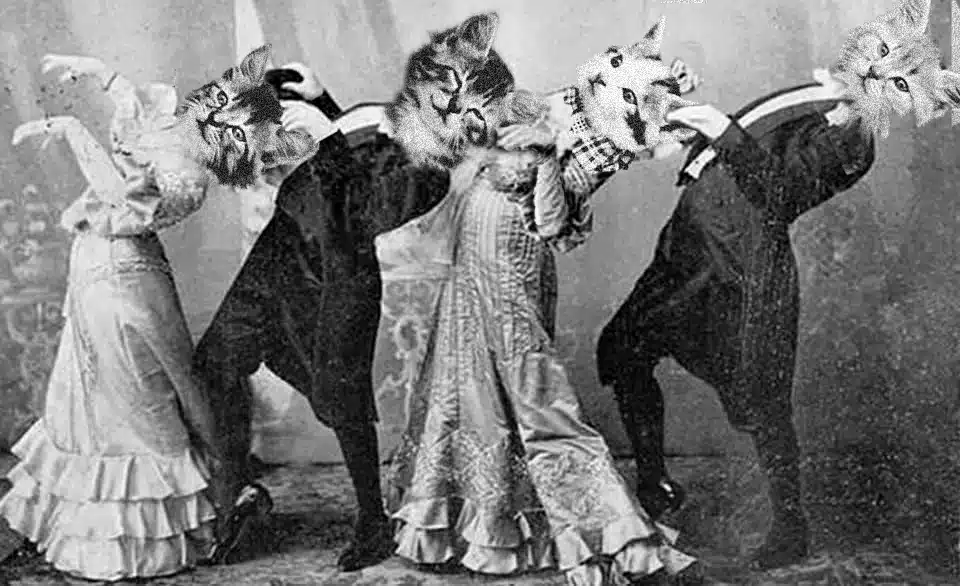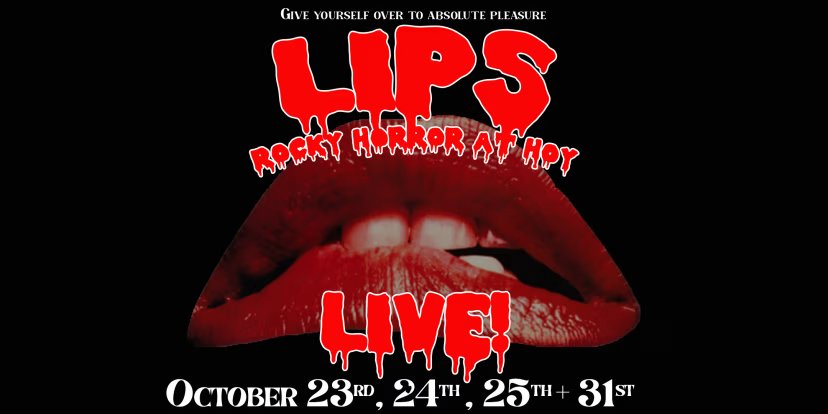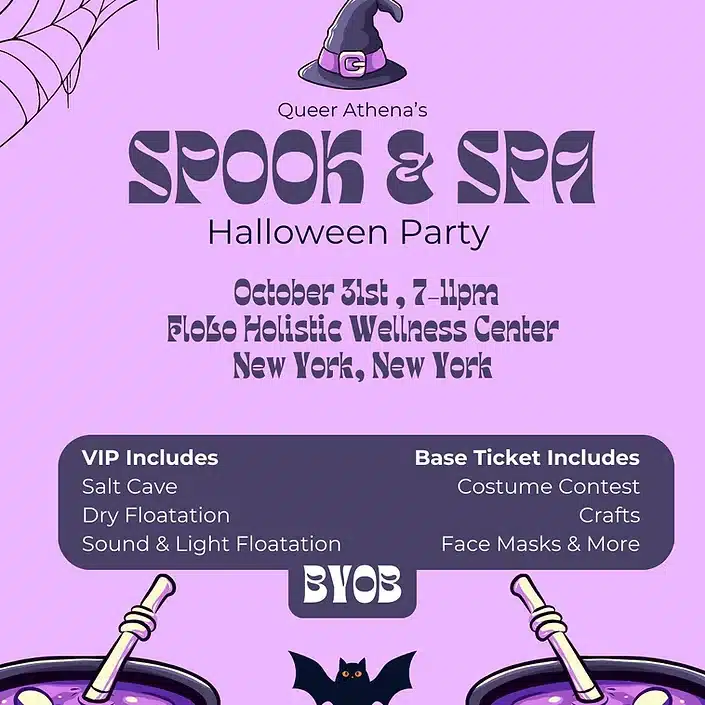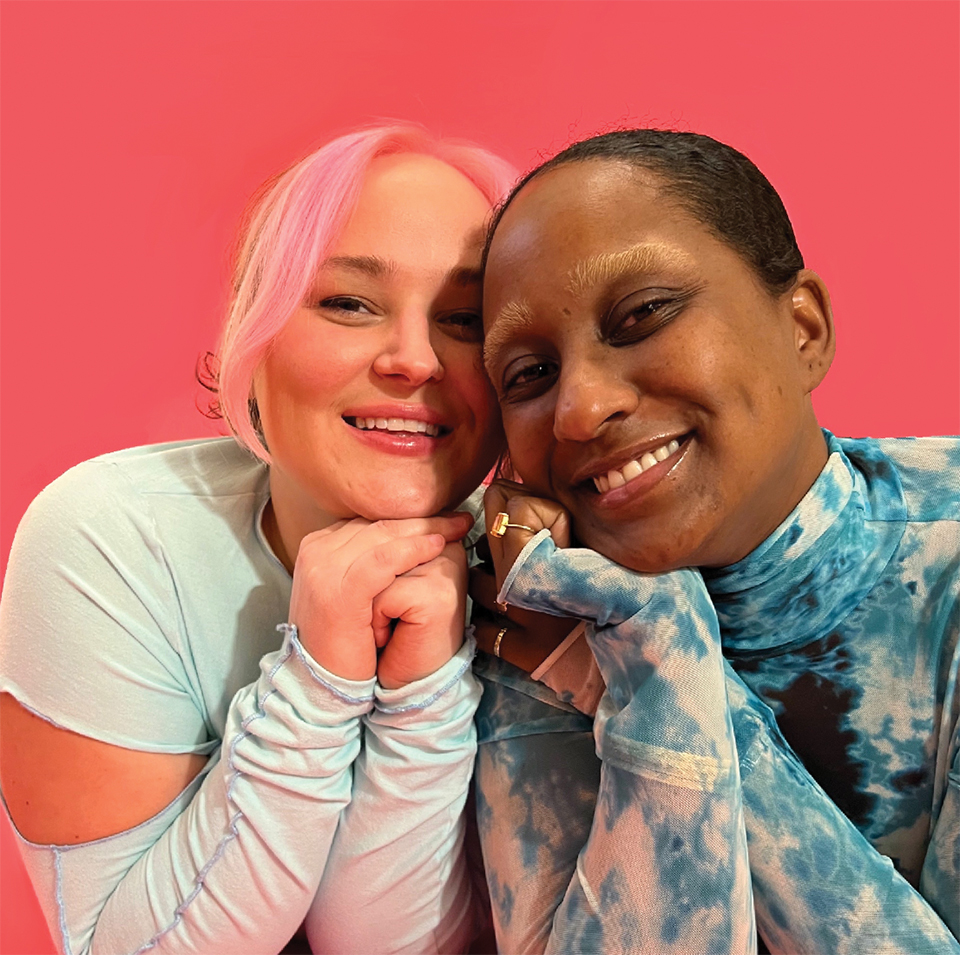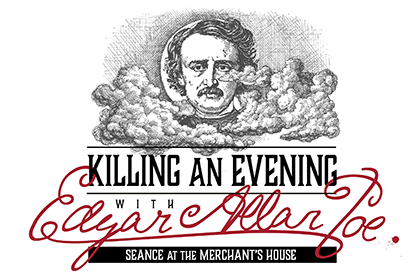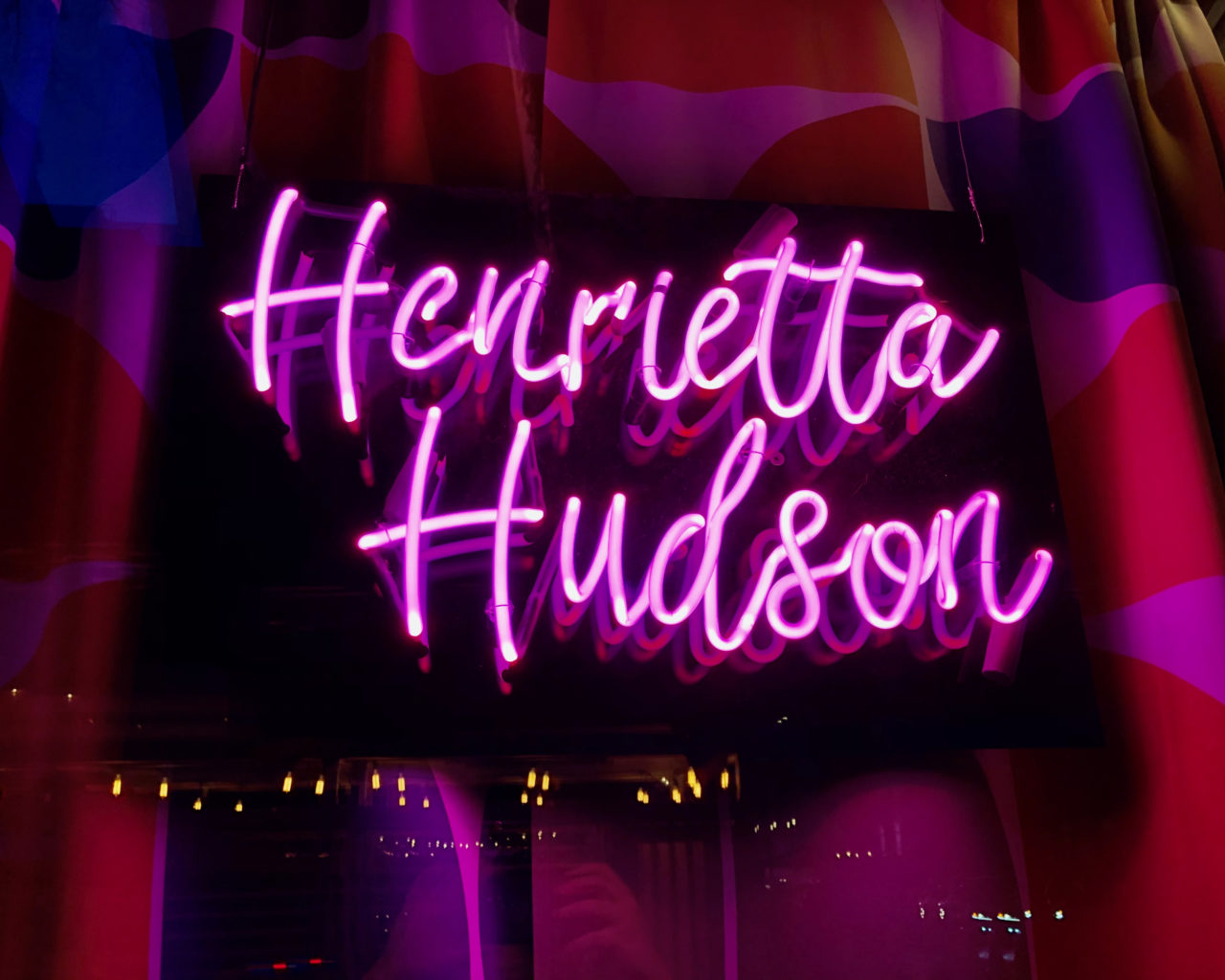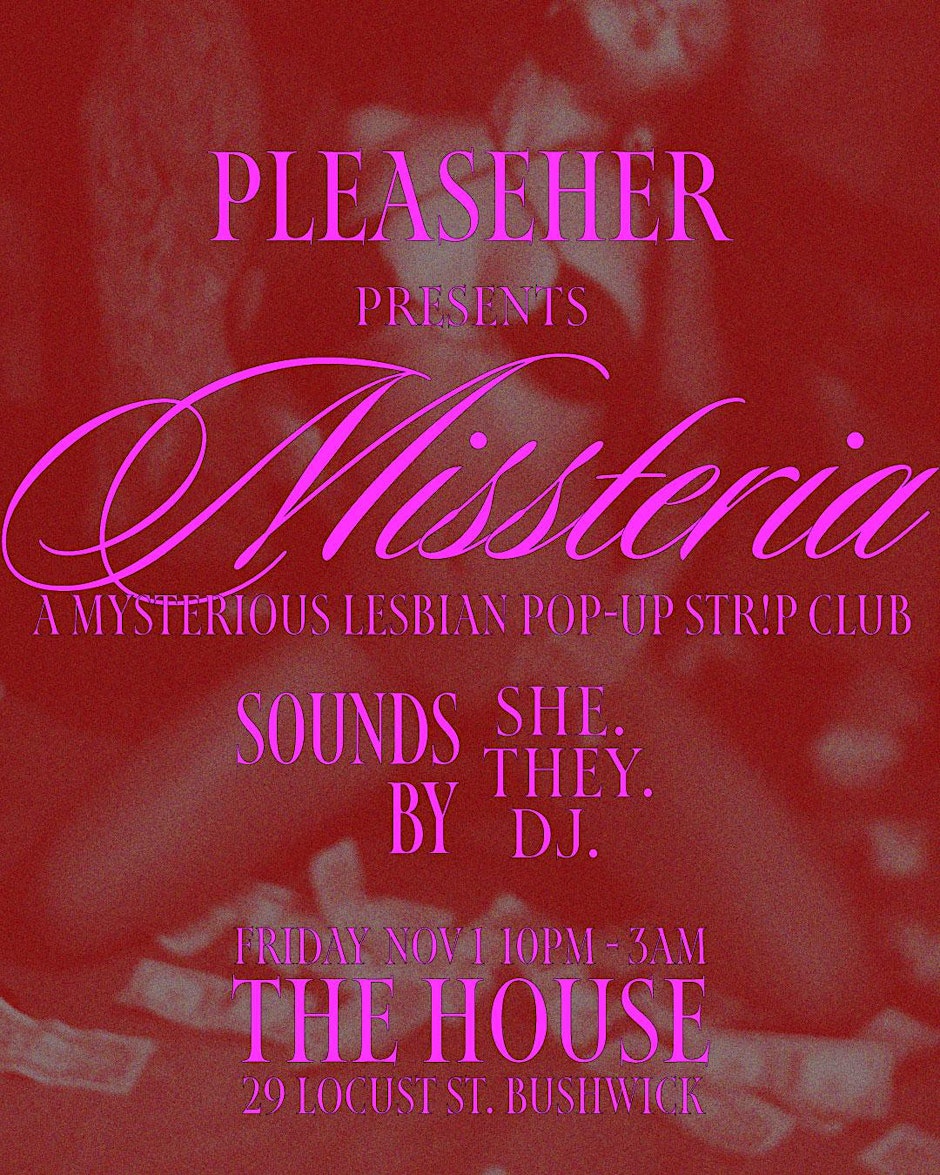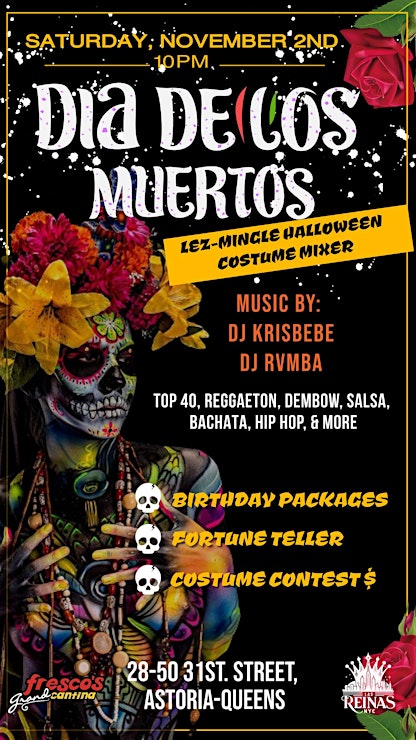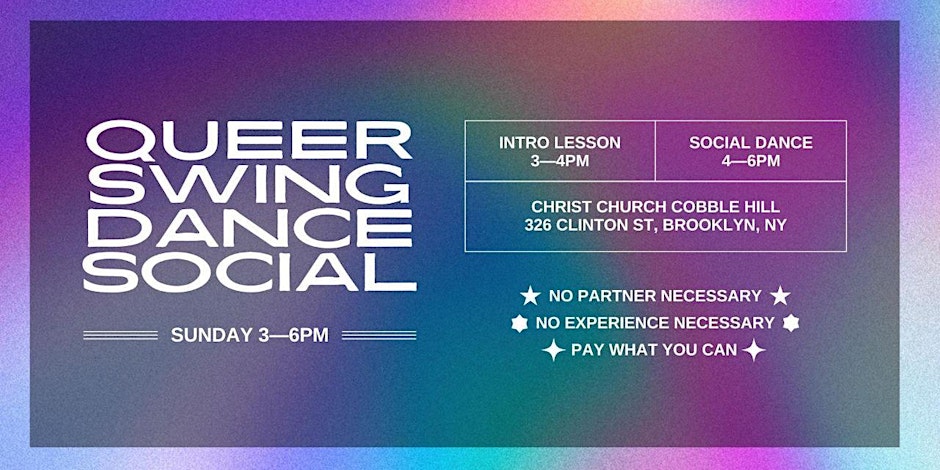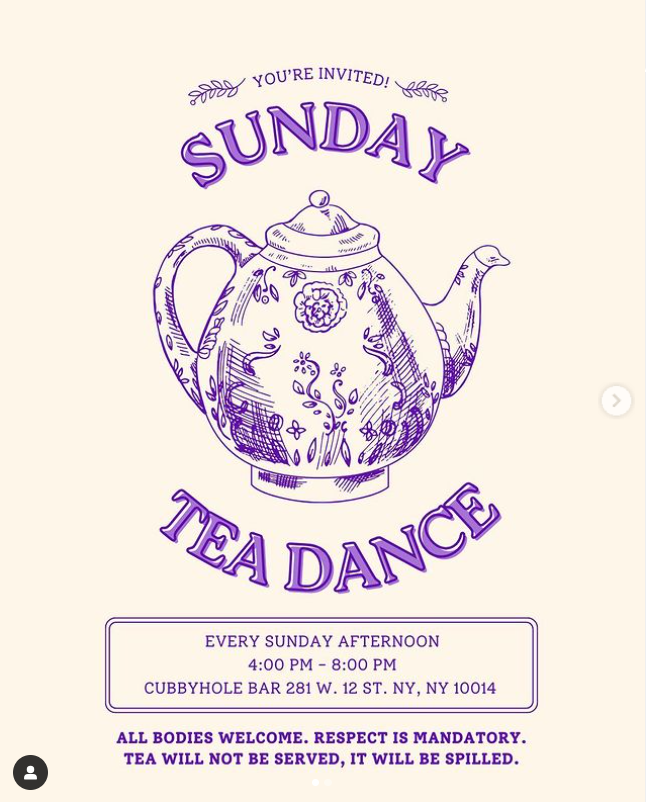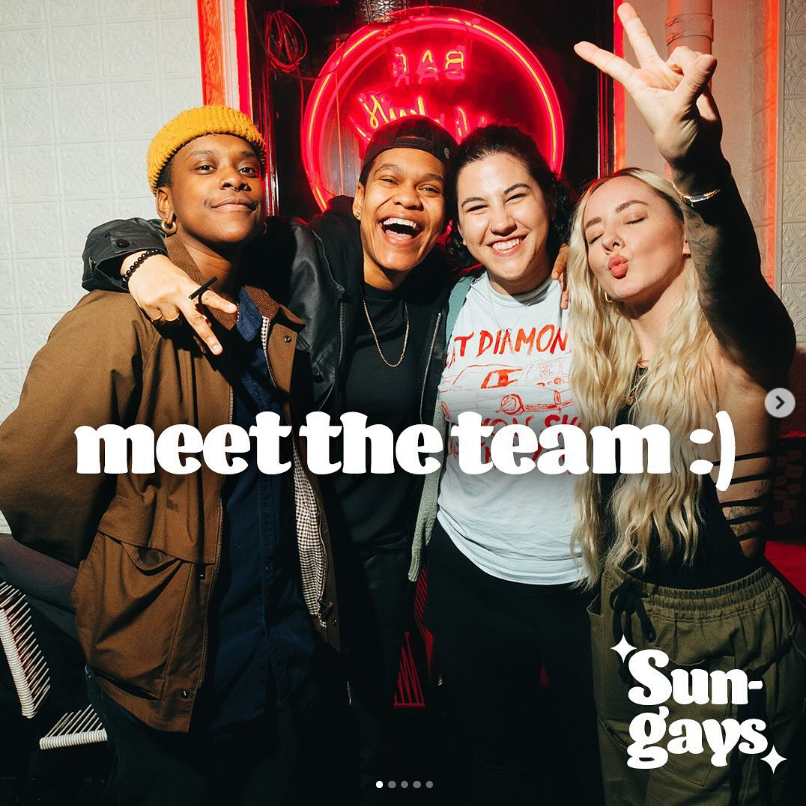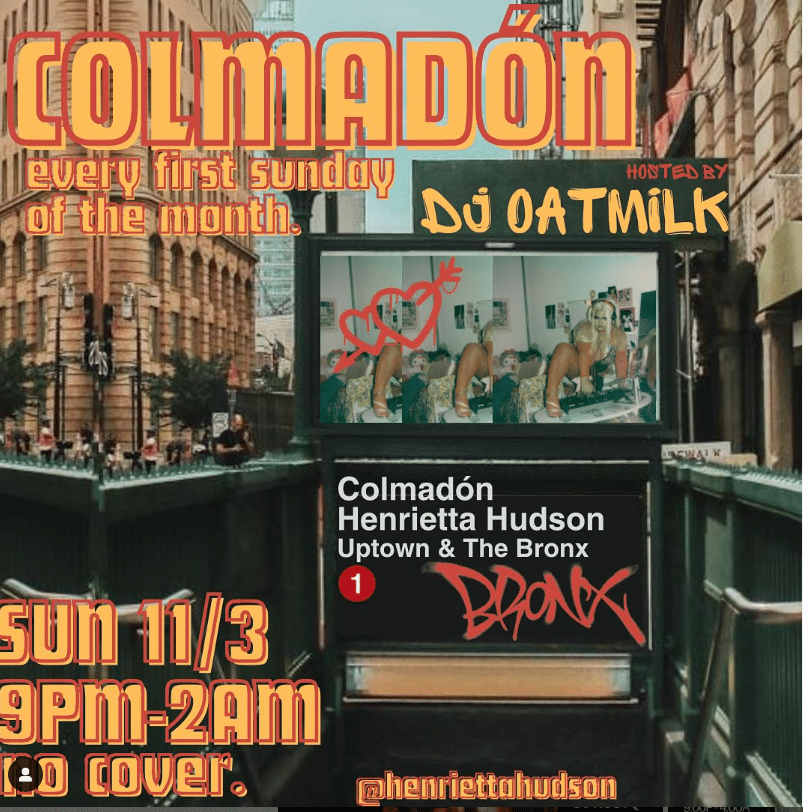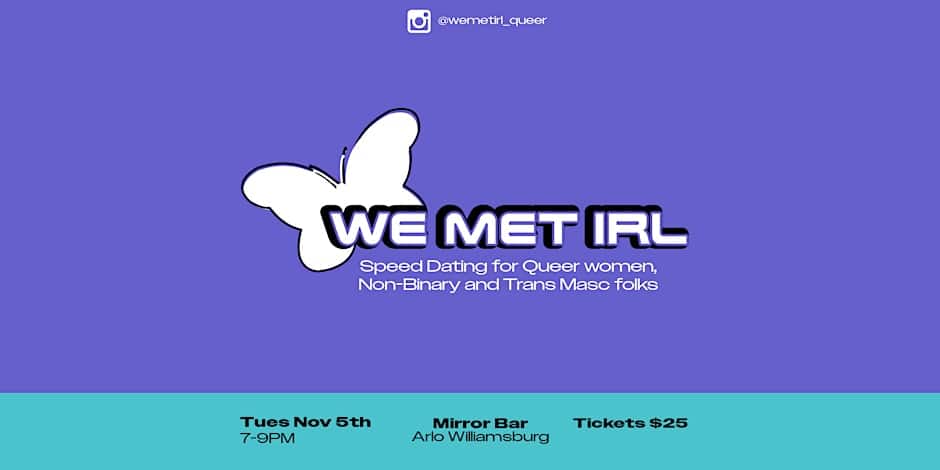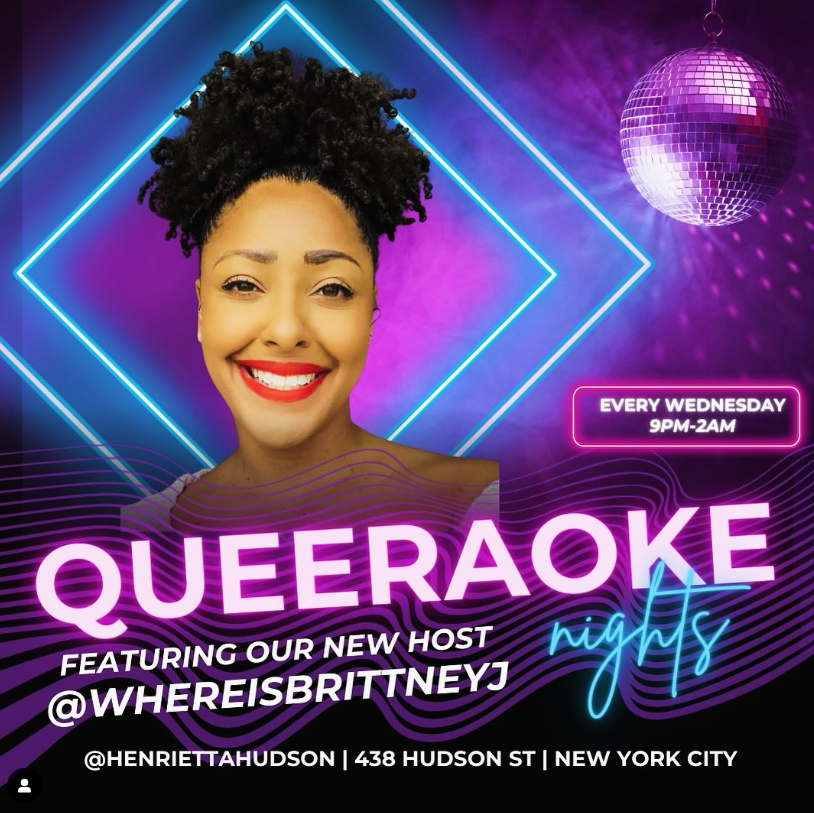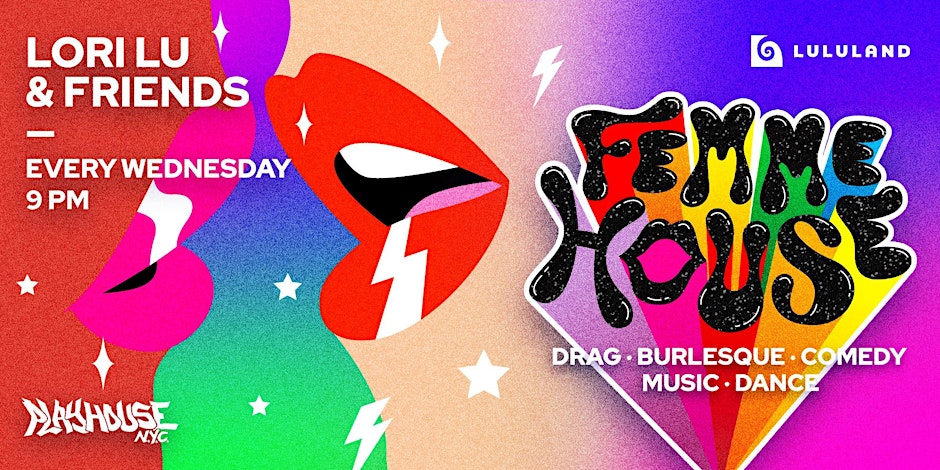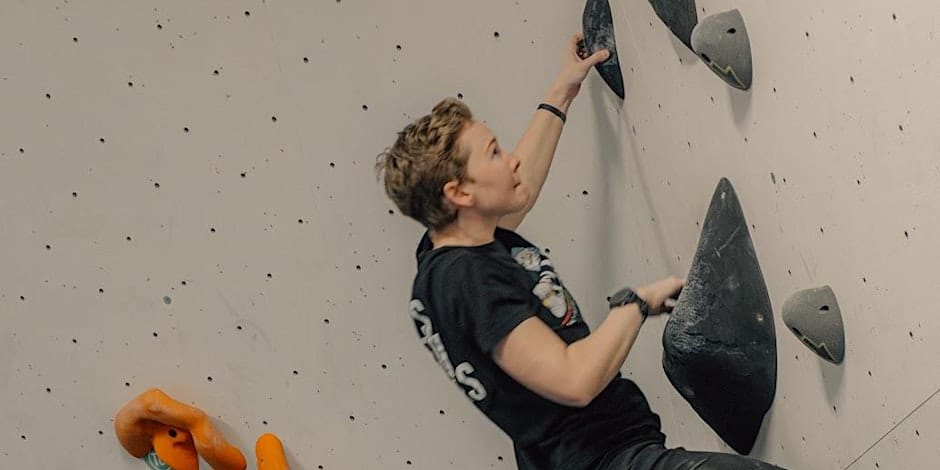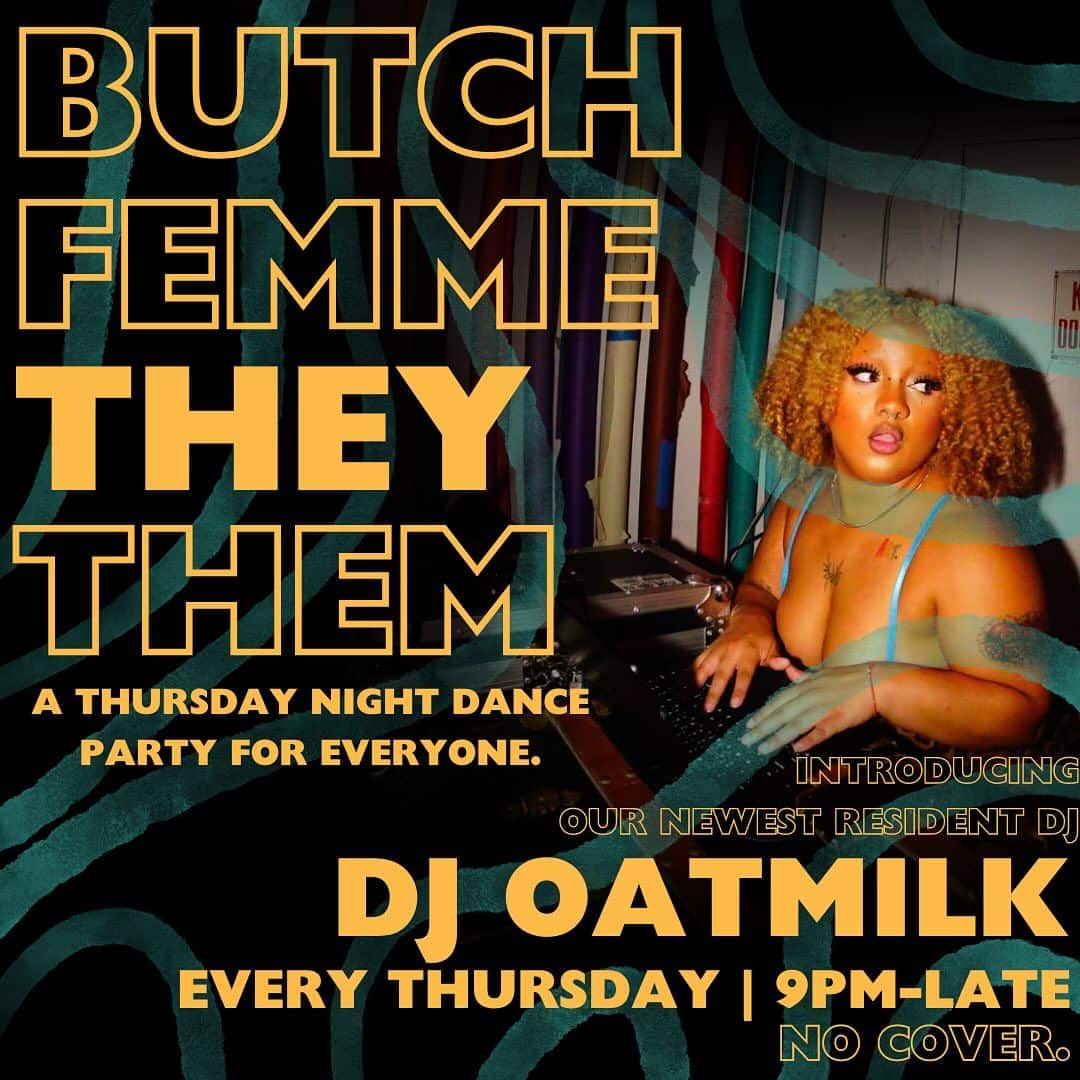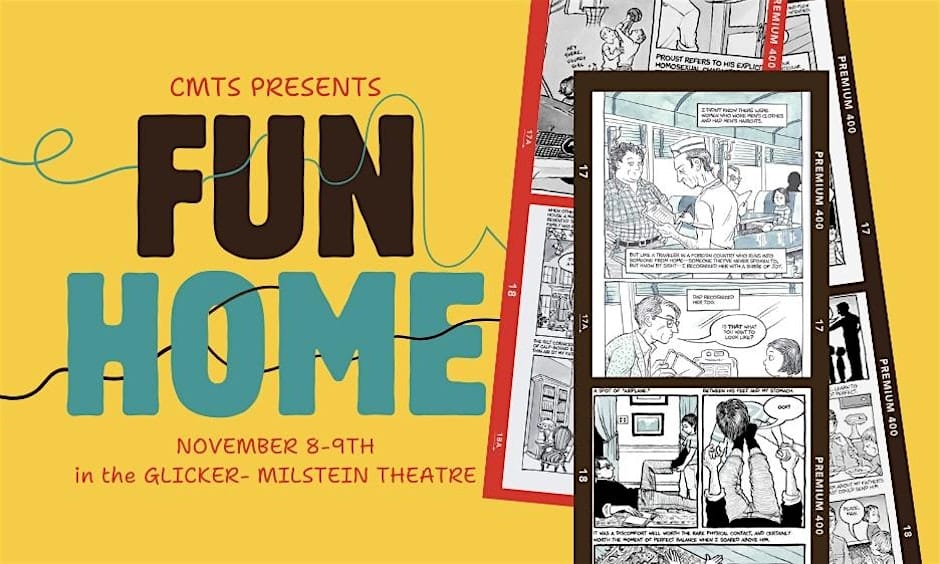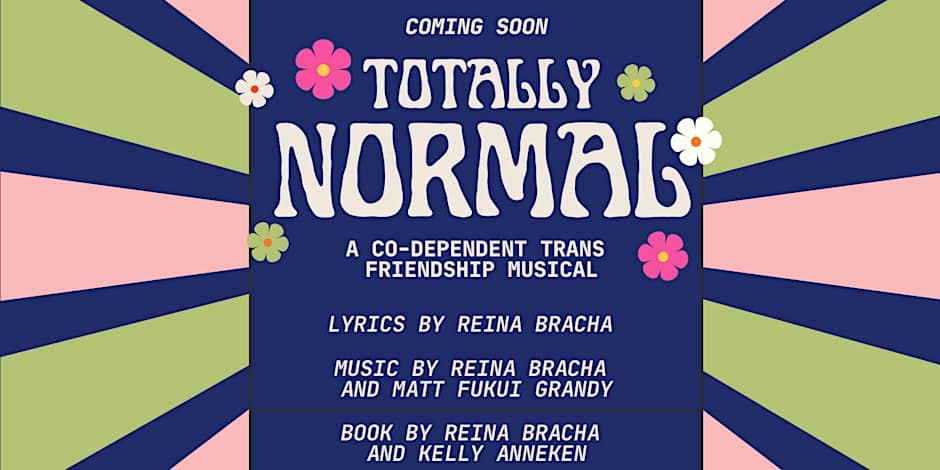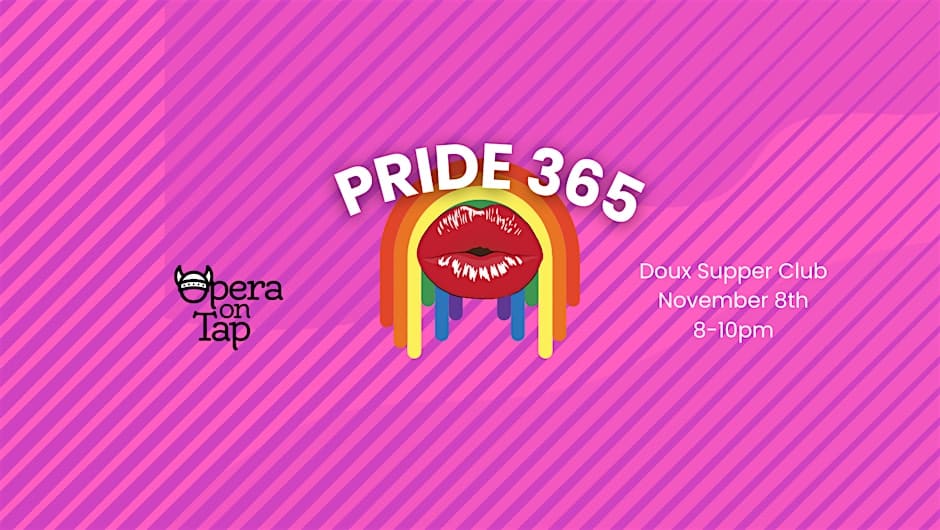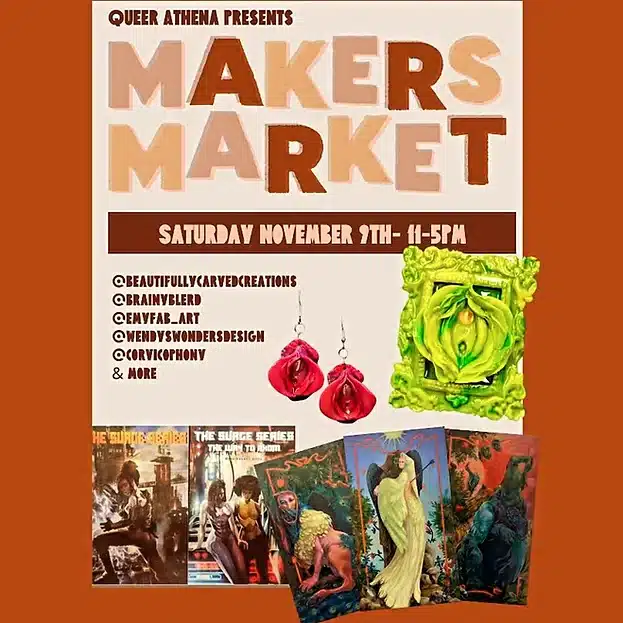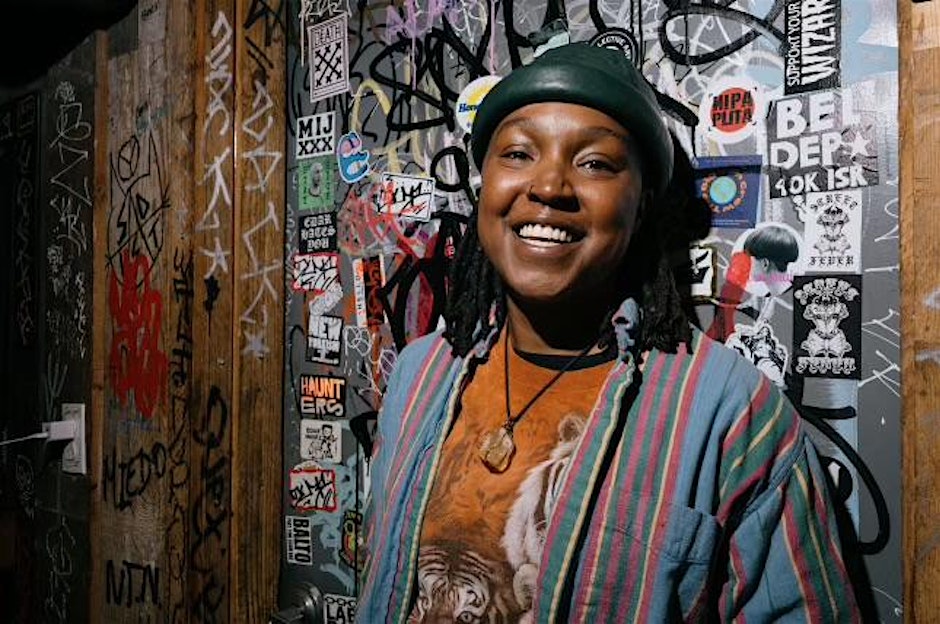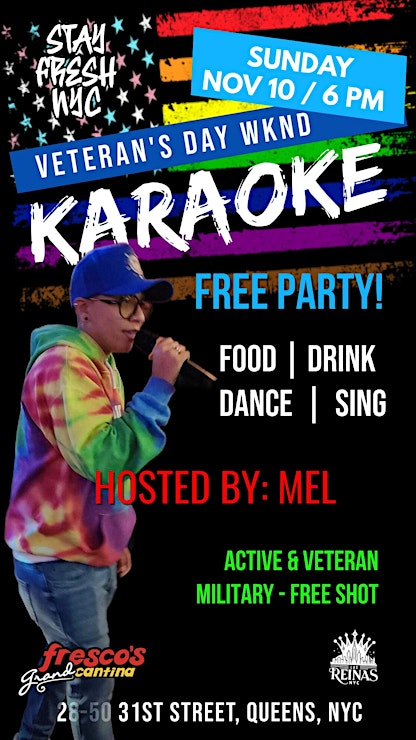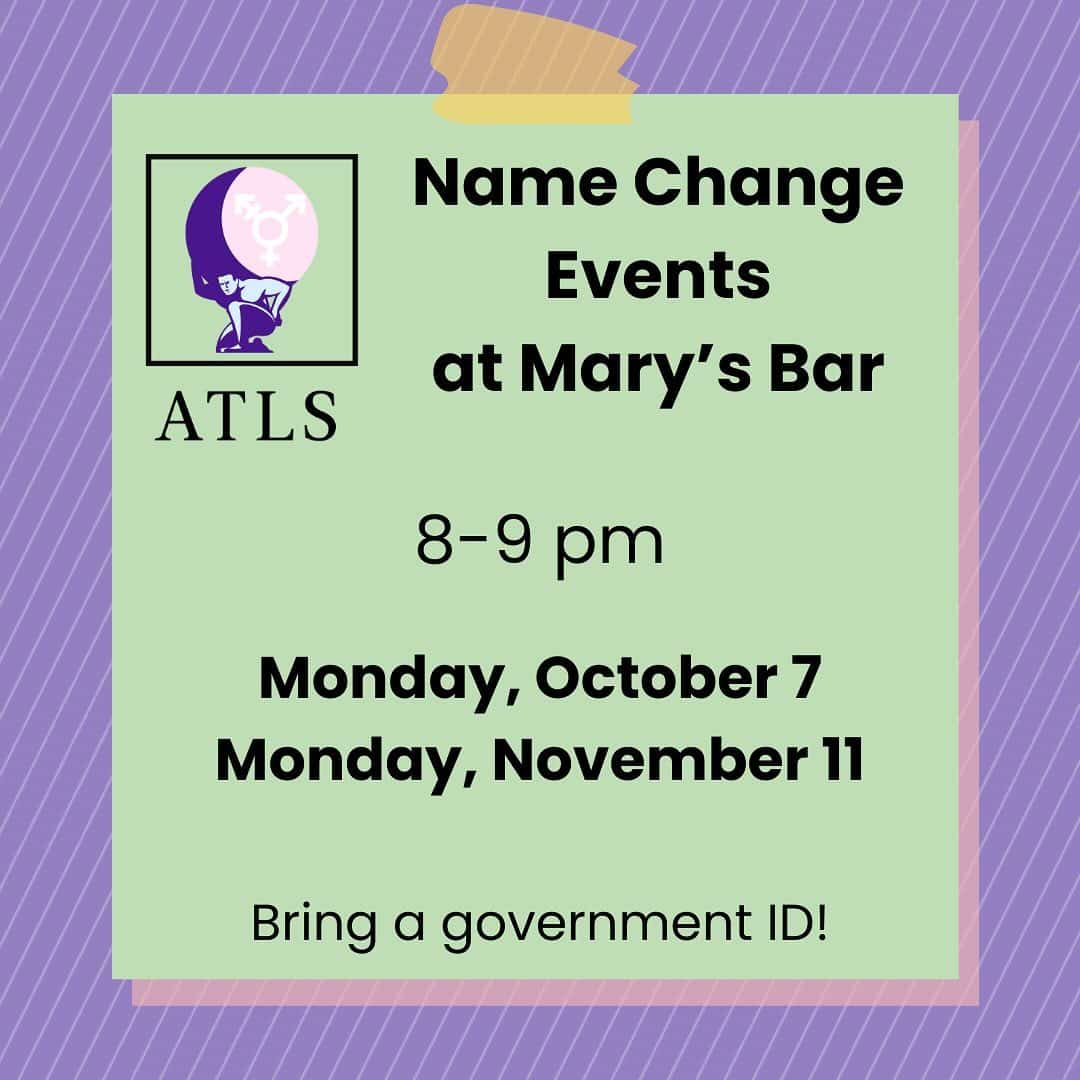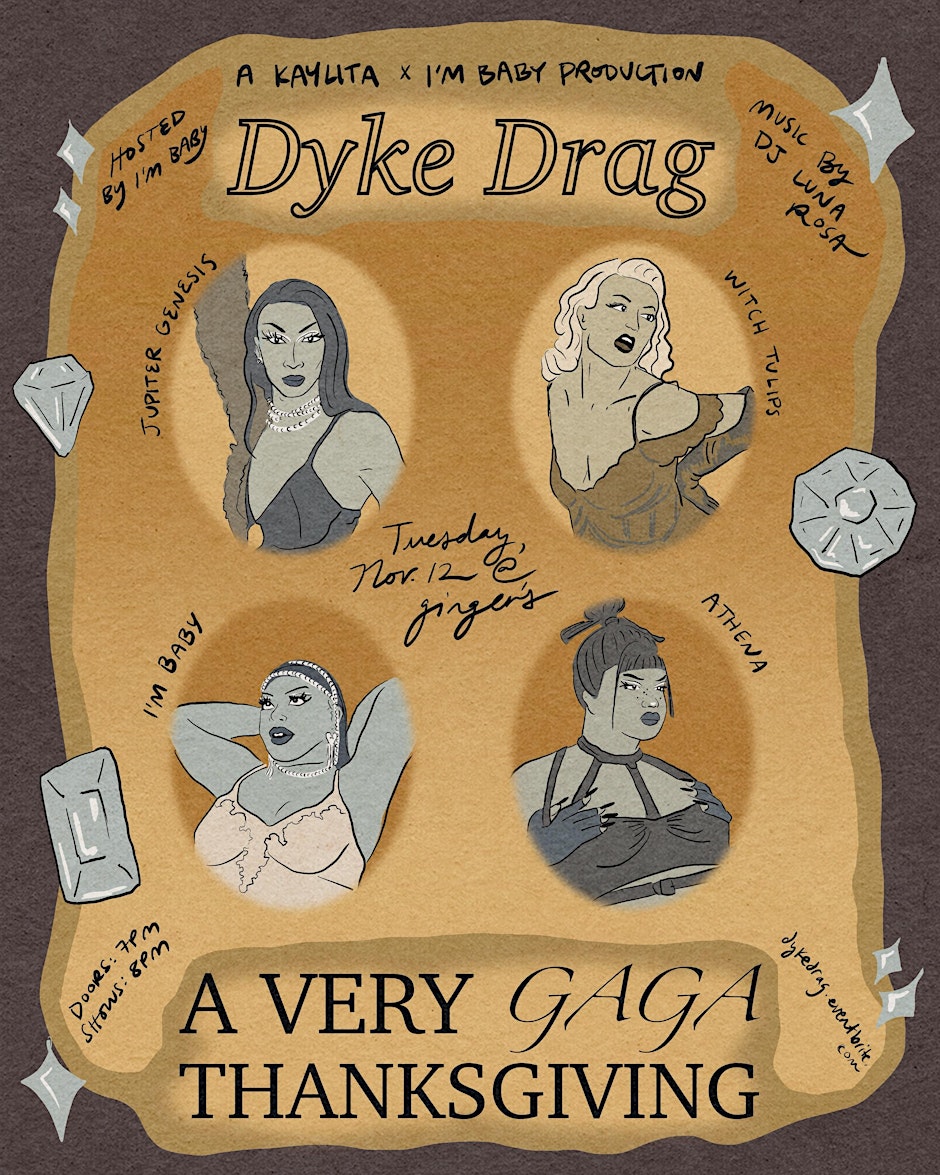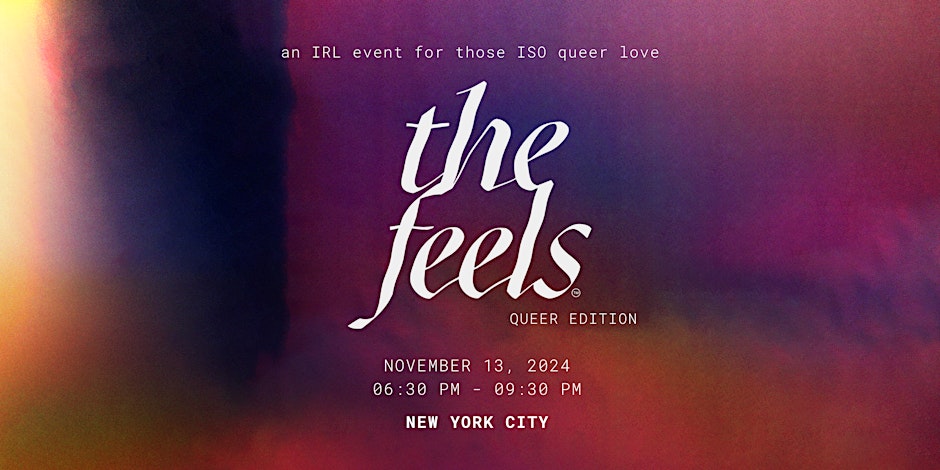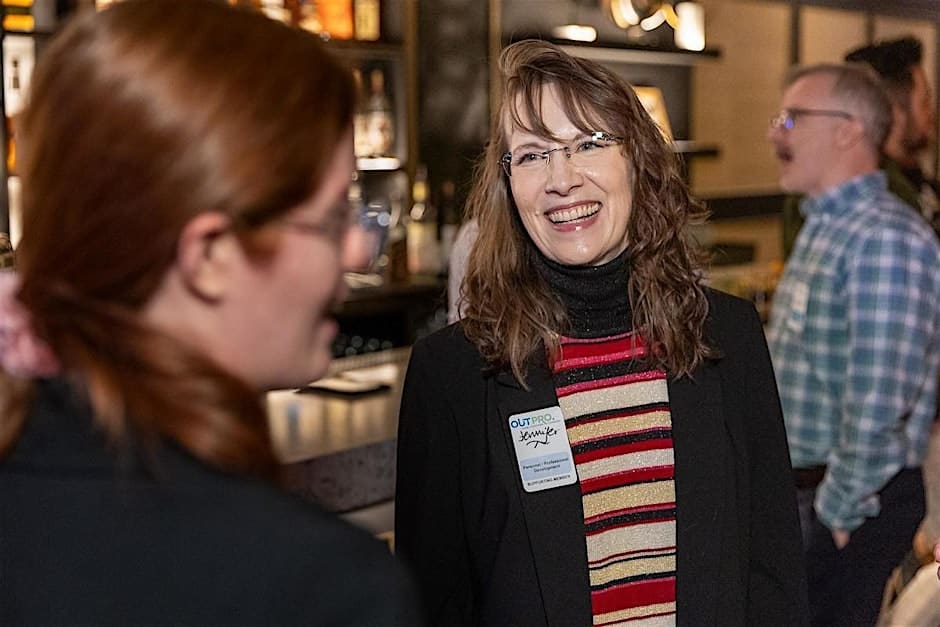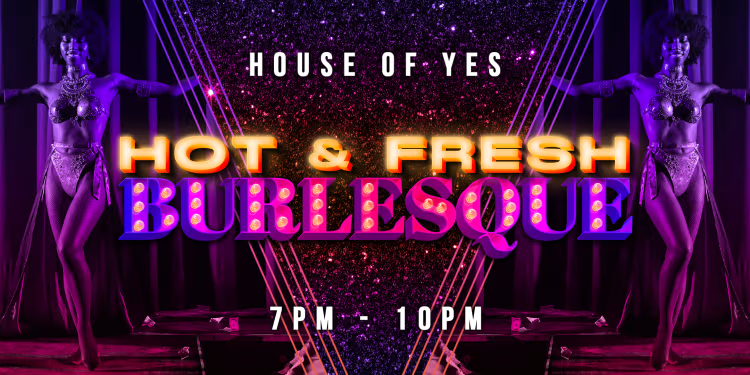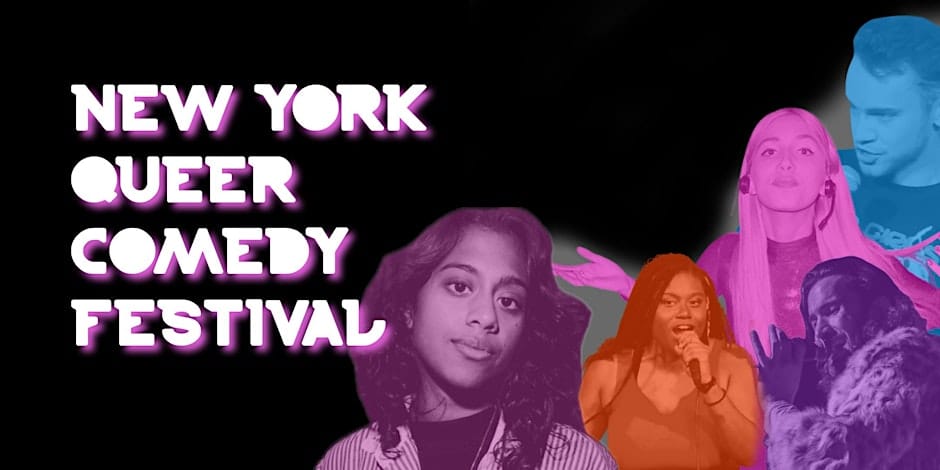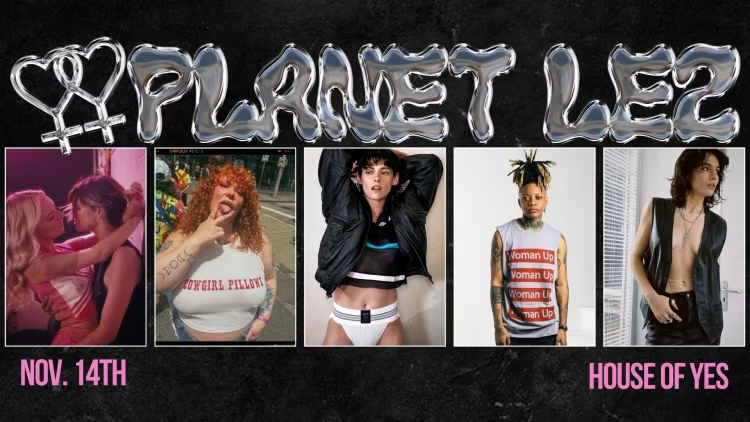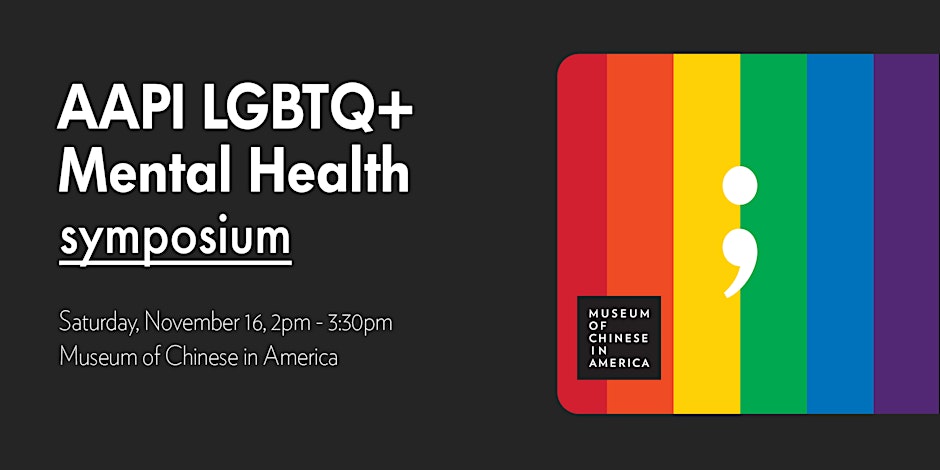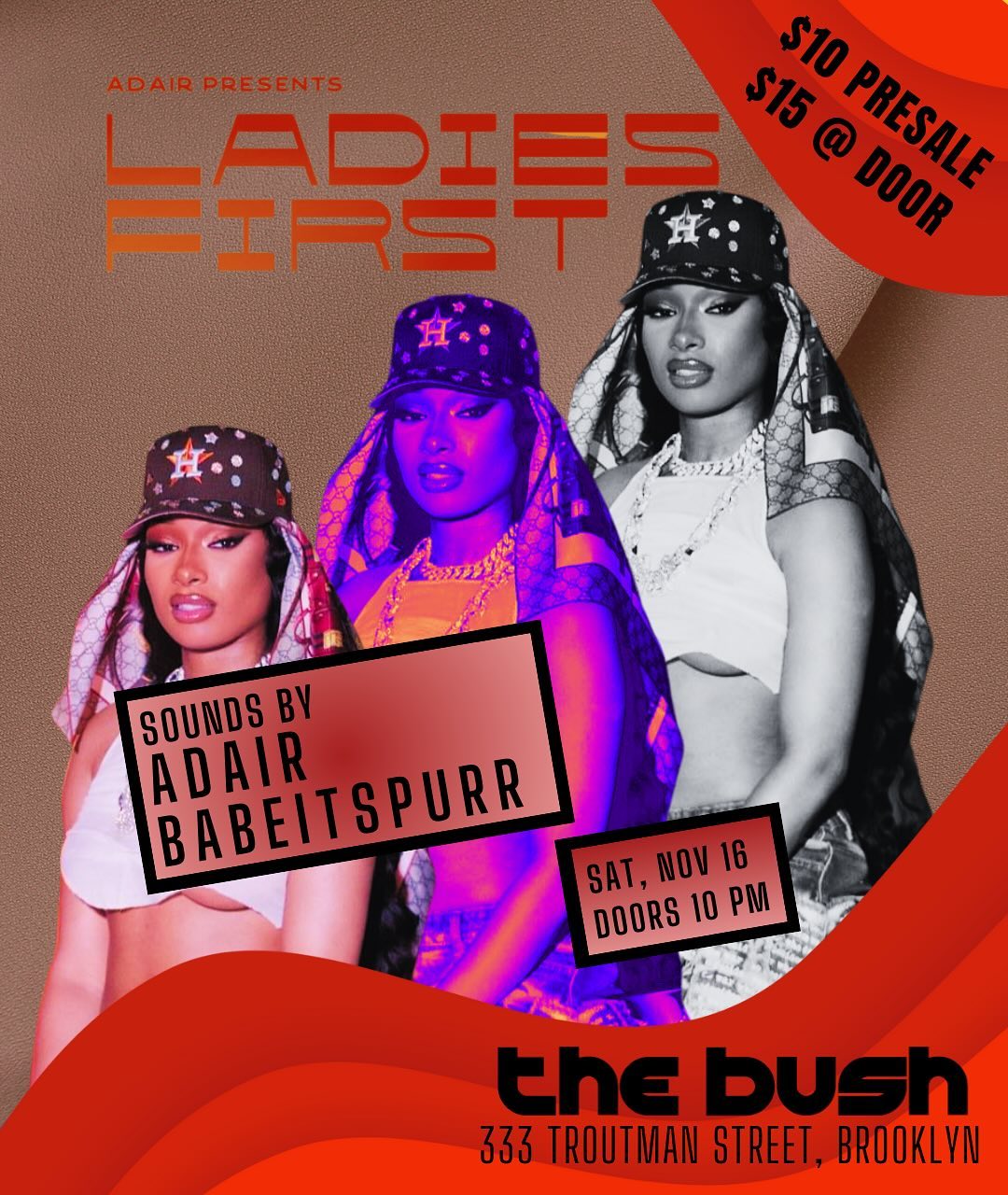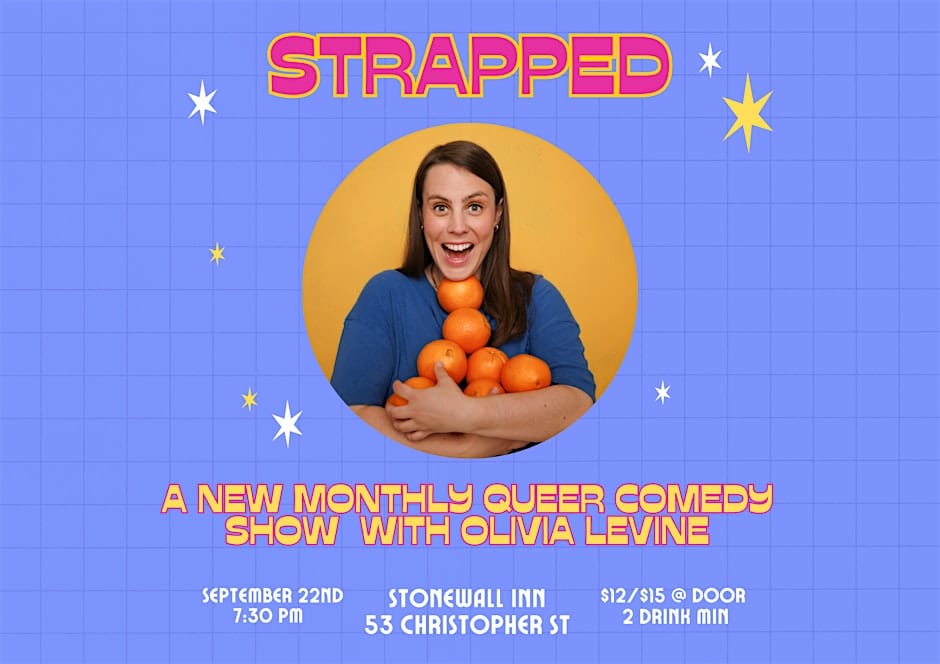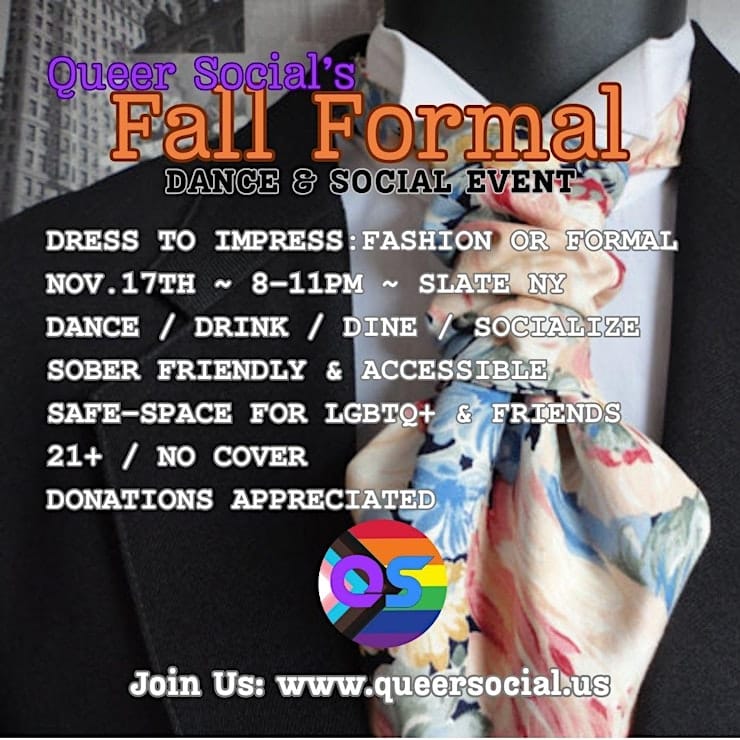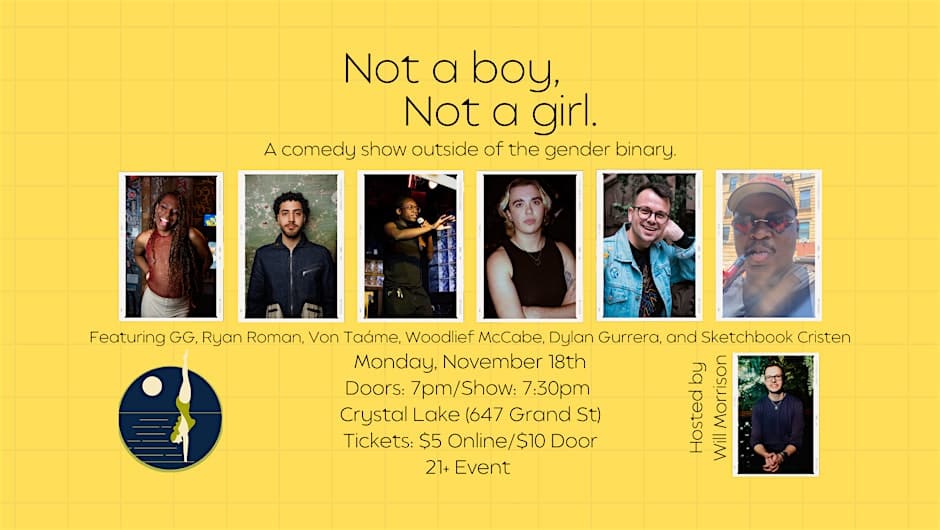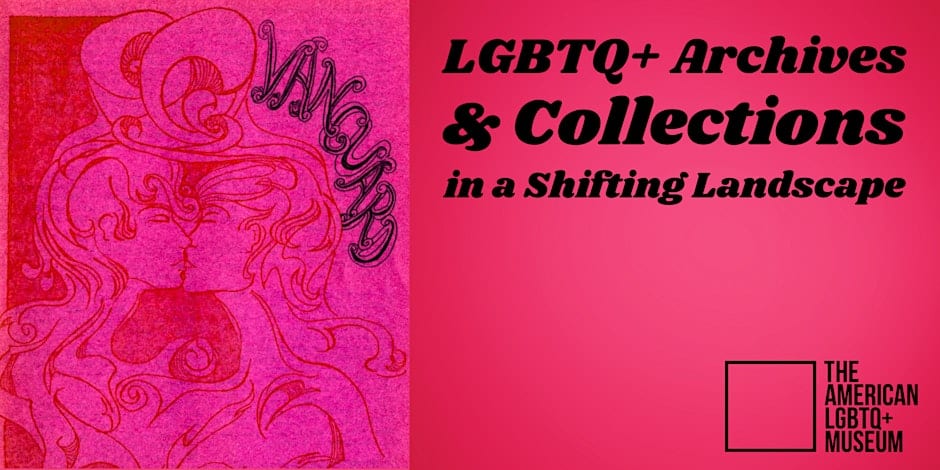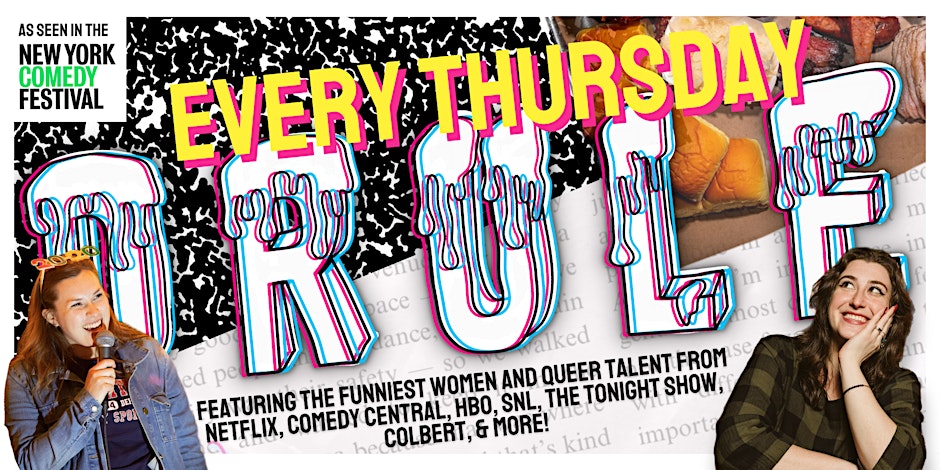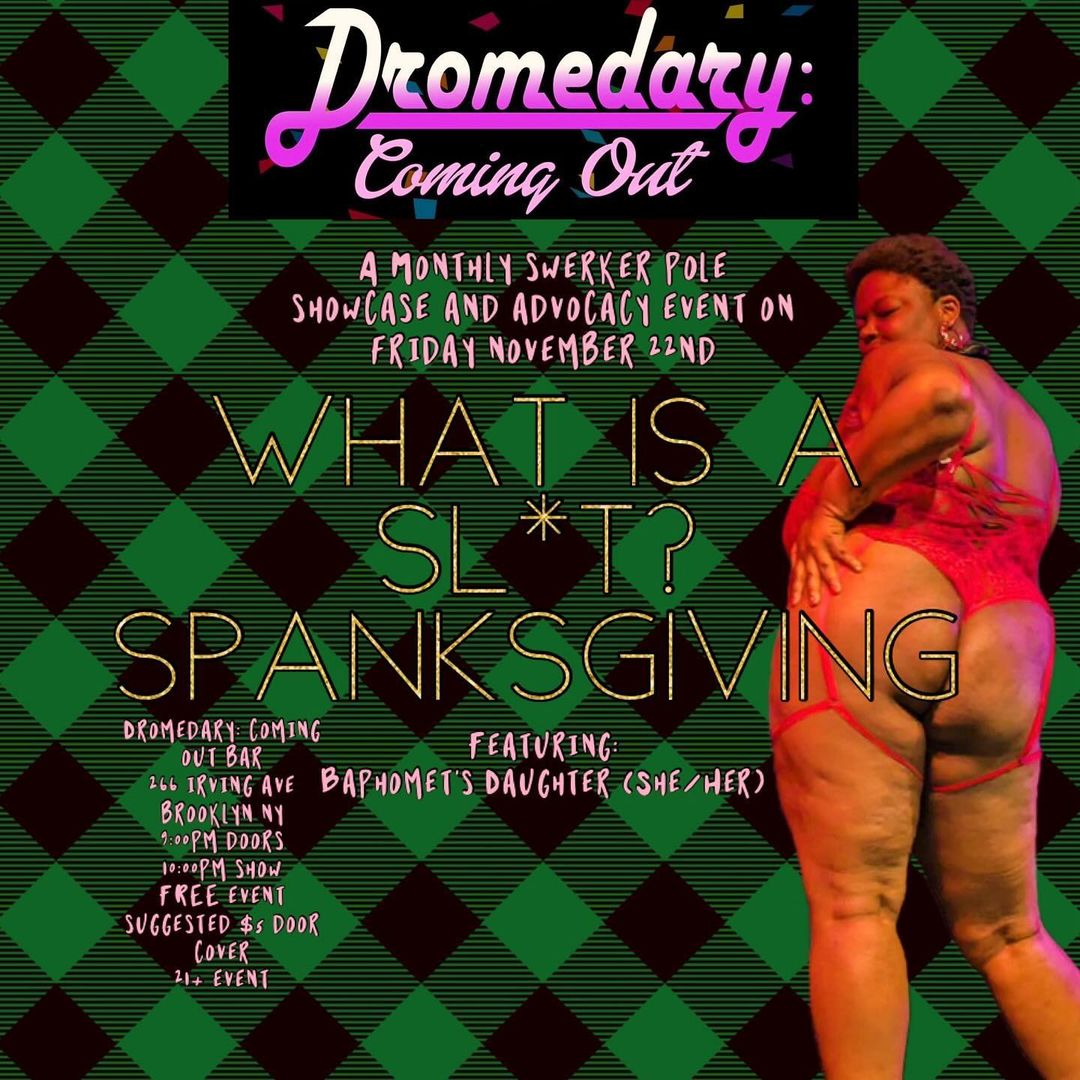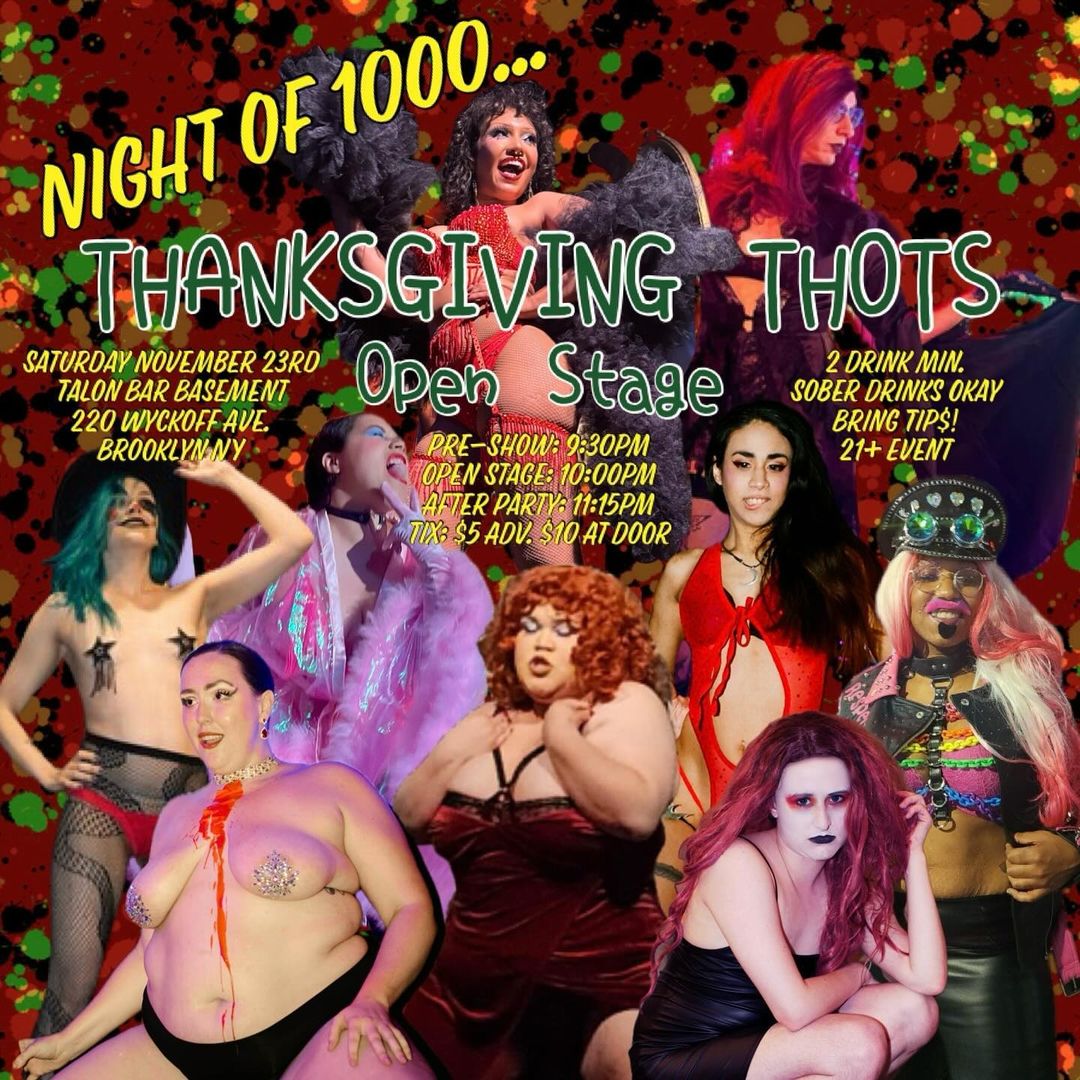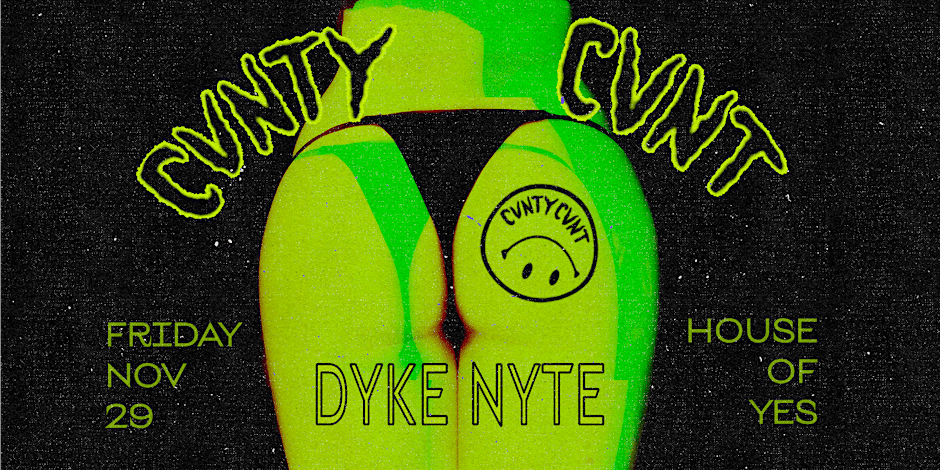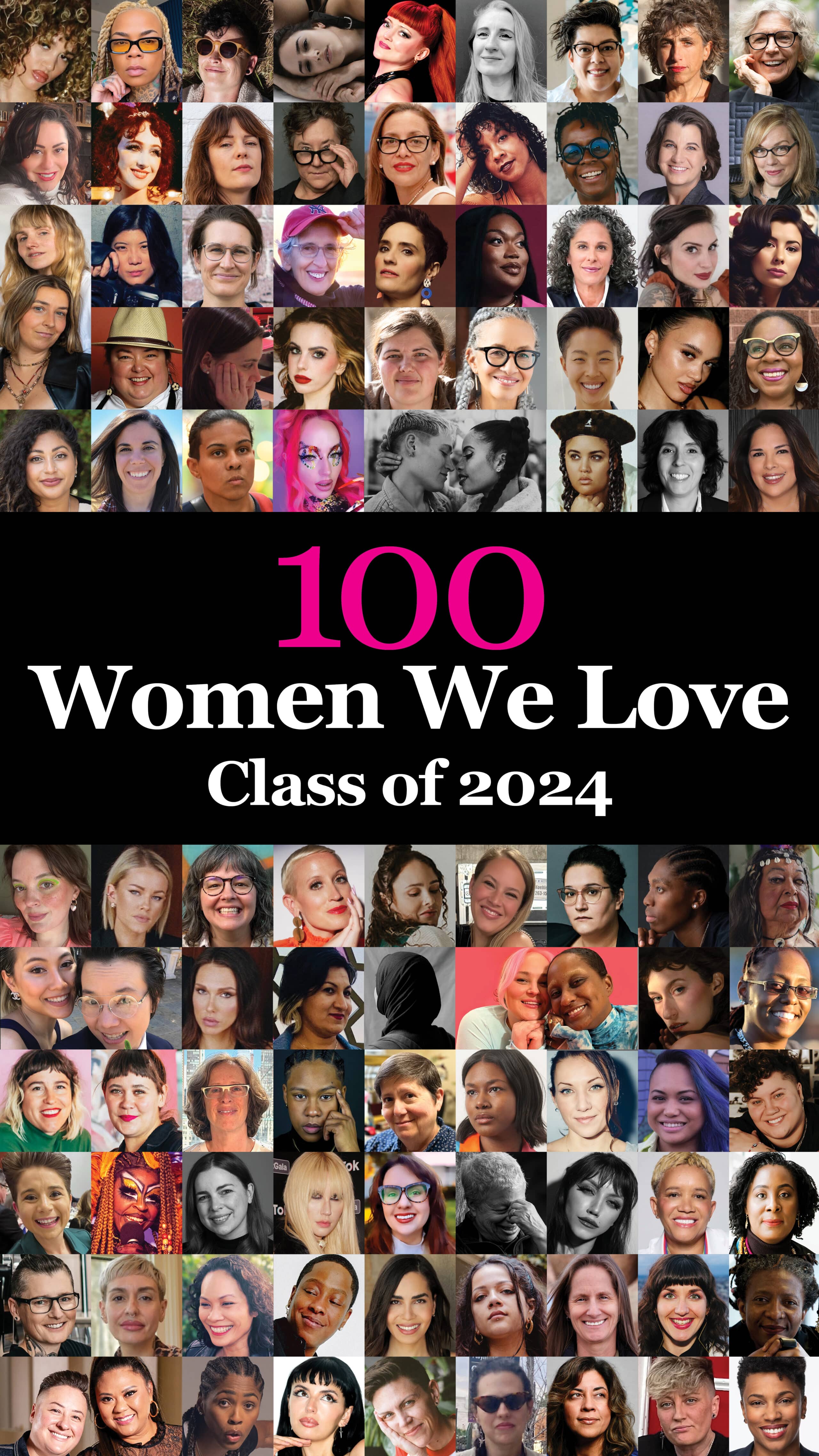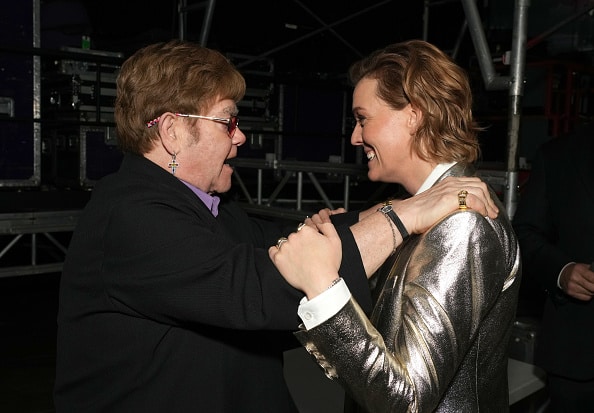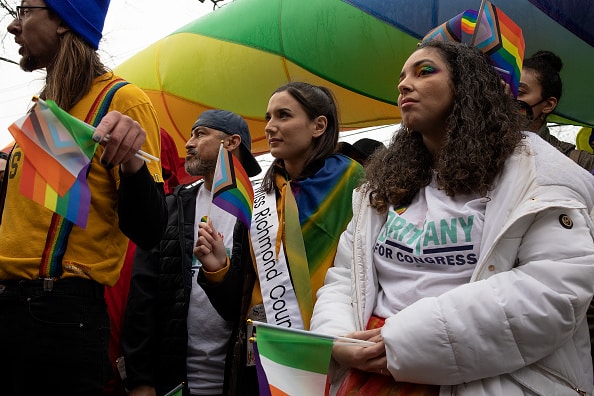Writer Andrea Askowitz didn’t have an easy pregnancy. In “My Miserable, Lonely, Lesbian Pregnancy,” published by Cleis Press, she chronicles her pregnancy from before conception, via artificial insemination, to a year after giving birth. She encountered many obstacles along the way, from finding a live donor who was “shooting blanks” to dealing with a painful fibroid. Additionally, before getting pregnant, Askowitz experienced a break up she likened to a divorce. Needless to say, the experience wasn’t easy.
Things are different now for Askowitz, who, in addition to writing, is also an editor, teacher, and podcast producer and host. When I spoke to her in February, she had just returned from Guatemala, where she hosted a week- long writing retreat. She lives in Miami with two teenagers and wife, Victoria. Her oldest daughter recently turned 18 and was the impetus for Askowitz’ book, “My Miserable, Lonely, Lesbian Pregnancy.” Victoria was the basis of the newly finished book, “I Now Mispronounce You.”
Although her story is about loneliness and isolation, her delivery is undoubtedly funny, which is one part of why the reviews of the book are so good. “Andrea Askowitz is warm, funny and filthy,” Mickey Kaus writes for Slate.com. Jill Soloway likened Askowitz to “a girl version of David Sedaris.”
I had the pleasure of interviewing Askowitz just after the baby she writes about, Tashi, celebrated her 18th birthday.
GO Magazine: How did you come up with the idea for the book?
Andrea Askowitz: The book presented itself to me automatically because I was fucking miserable. It was the truth of how I was experiencing pregnancy. I was diagnosed with hormone-induced depression, so every single thing was miserable. I hated everyone, especially my friends when they tried to help me. One of my neighbors offered to get me new underwear after I complained about getting too fat for the ones I had. When she offered, I hated her guts. Depression is not rational. I just experienced every day with dread and sadness. That’s how I came up with the idea for the book. I was just writing my way through it. I just kept writing and it became chapters because I was writing it in real time. It helped me process depression and it gave me perspective, because other people thought it was funny.
GO: You wrote that while pregnant you envisioned making homemade baby food and biking to the store with a baby seat in the back? Did you?
AA: No. Pregnancy was the fantasy of all fantasies, and in my case, it was like a fantasy of good and bad, mostly bad. I was ruining my life. And the reality is my life really didn’t get ruined. I thought I’d have to wait until my kid went to college before anyone would touch me romantically. I thought I would be completely incapable of taking care of a child. But that was not true. When my baby was born my depression lifted immediately and I actually enjoyed breastfeeding and even dancing with my baby in the middle of the night. On the dating front, in my queer world, having a baby was better than a puppy. I mean, the baby was a chick magnet.
The fantasy of the bike and the baby, that one I really did do. I put my baby on my bike. One of the first things she ever said was “shoes on.” While she was on the back she said “shoes on, shoes on,” and one of her little slippers had fallen off. She was telling me she lost a shoe. I never made homemade baby food. I did use a very ripe avocado, cut a hole in the skin, and squeezed it out into her mouth. I would do that at the store. It was hardcore homemade baby food.
GO: Do you still have the pictures that your friend took on the day of conception and the day of birth? If so, how often do you look at them?
AA: Yes. I have the pictures and some of them I think are on my website. My friend Stephanie took the pictures, and took pictures throughout. We have a whole series of me getting more and more pregnant. There’s one beautiful one that I took of Stephanie. There is also one of me holding this huge box. I don’t know why it was so big, but it was the sperm vial inside the giant box. I do have pictures of literally the nurse practitioner squirting the sperm in, so my legs are spread open, but the picture was taken behind the nurse practitioner’s head so you can’t see my vagina. It’s a perfect snap.
GO: Multiple times in the book your dad tells you that friends don’t matter once you get old. You wonder if friends don’t matter once you have a family. Now that you have a family, how important is friendship in your life?
AA: So, I love this question and I kind of want to answer it in two parts. About friendship, there are some of my friends that I’ve had forever: Janet and Stephanie. I would be so surprised if we ever drifted. On the other hand, my dad is this weird guy who, every once in a while, says something that is so true. The thing [he says] about friends is kind of true. I do think that as I get older, and have my own nuclear family, I feel more and more insulated.
He also said fantasy is always better or worse than reality, which I think is one of the major themes of this book. I fantasized about making baby food, but I also fantasized that my life was going to be shit. Shit because I was spiraling out of control. I was depressed. None of those fantasies came true. My dad has this way of dropping really wise advice. He says “Don’t ever tell anybody that you caught fish at your fishing hole.” And I’m like “Dad!” But he’s so right. Catch anything? No. You don’t want anyone coming to your fishing hole!
GO: In the book you mentioned that your mom makes quilts. Did she make quilts for your children?
AA: My mom makes quilts and makes them for every single grandchild when they go to college. She made my quilt that I used when I went to college. It shredded and she put on reinforcements and patches. She made a quilt for my wedding. It’s a chuppah (Jews get married under a chuppah, a little canopy). It’s hanging at the top of our stairs. It has deep reds, greens, and purples. There is a sort of pomegranate and leaf theme, but it’s also abstract. I love it so much because she came a long way to accepting me. The minute I got pregnant my mom was like “Oh, you’re a lesbian who cares.” But for 12 years between me coming out and getting pregnant my mom was a chilly bitch.
Before that she had been my biggest fan, but she didn’t take to my queerness very well. She did get over it as soon as she was getting a grandbaby out of me. She’s working on a quilt for Tashi, my baby from the book, now that she’s going to college. She also makes baby quilts. Tashi has a baby quilt, and my son has a baby quilt. My mom is a color wizard and the colors are always crazy and big. They don’t seem like they would work together but they do.
GO: Do you still have the audio CD of your donor’s voice and has your child heard it?
AA: I do have the audio CD and my children have not heard it. It’s a very strange, curious thing to me. A lot has changed since I bought the sperm. One thing that’s changed is 23andme. Also, there’s a Facebook page of moms who have used my donor, and I’m a part of this group. Both my kids have the same donor. They know that there are 13, maybe 14, donor siblings out there. We met one of them and they loved their sibling. And that sibling has phoned the donor, so my kids know that they can contact the donor. I think they are interested but they haven’t acted. And, when they turn 18, they can ask the donor if he will become available to us. My daughter just turned 18 and has not asked to contact the donor.
GO: Throughout the book you write about your friend, Robin, who died of cancer, and Kate, your ex-girlfriend, who you were having a tough time letting go. Was writing about them difficult? Cathartic?
AA: Yes, both absolutely. I wrote another whole book about Robin that I put in a drawer. I realize that every single thing I’ve ever written, the full-length things, are love letters. There is a novel that was a love letter to a friend. This book is a love letter to Kate. “I Now Mispronounce You” is a love letter to Vicky (my wife). I compiled a whole letter to Tashi when she was born, and I kept writing it. I wrote a letter starting when she was born and I told her that when she was 18, I would give it to her. I just printed it out and bound it. 55,000 words. It’s a whole love letter to her.
Andrea Askowitz is the author of “My Miserable, Lonely, Lesbian Pregnancy.” She has written for The New York Times, Salon, The Rumpus, Huffington Post, Glamour, AEON, The Writer, Manifest-Station, Mutha, NPR, PBS, and the anthologies, Looking Queer, All that Glitters. Askowitz is also an executive producer and host of the podcast, Writing Class Radio. She is married to wife Victoria and has two children, Tashi and Sebastian. She has just finished a new book titled “I Now Mispronounce You,” for which she is seeking an agent.




